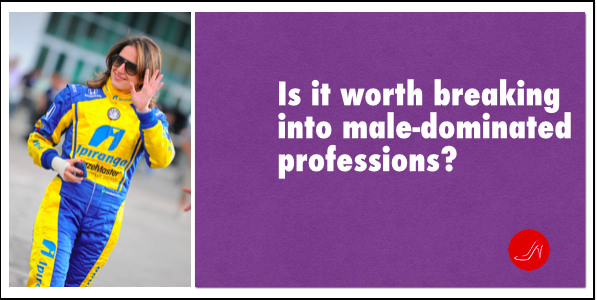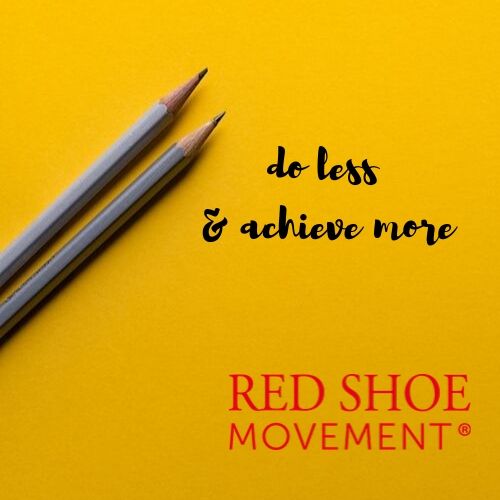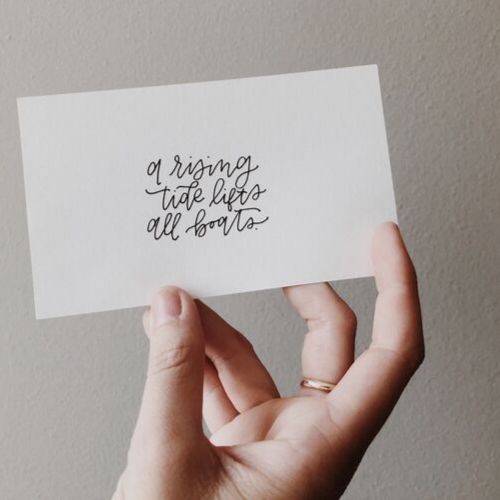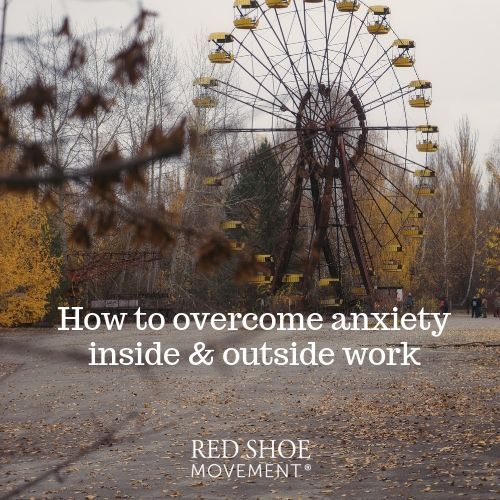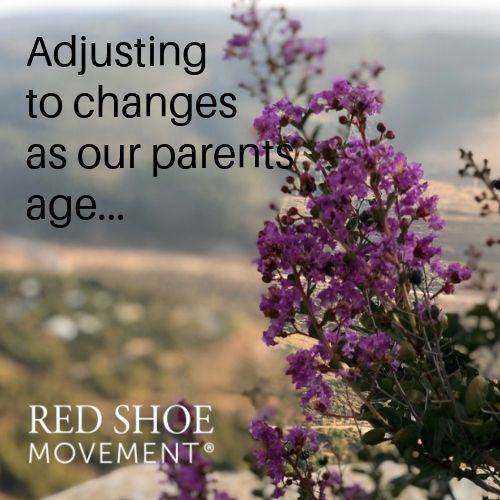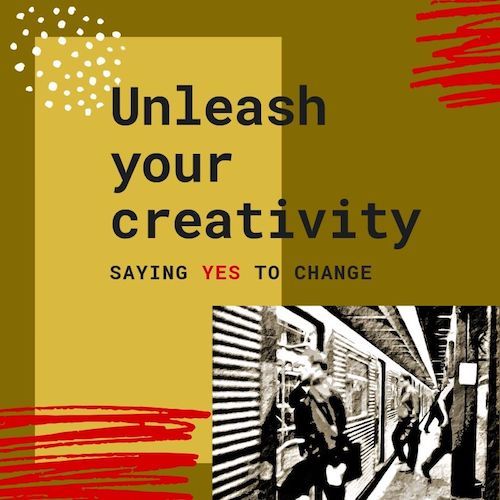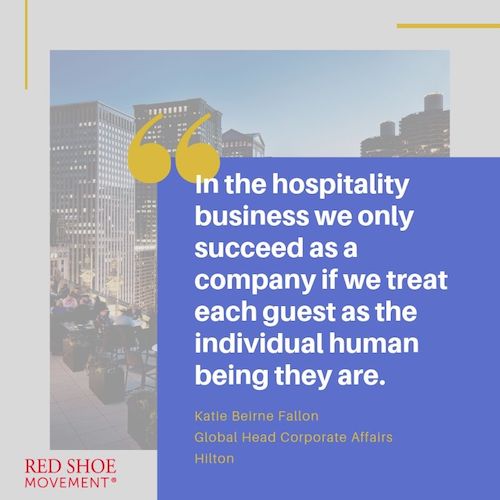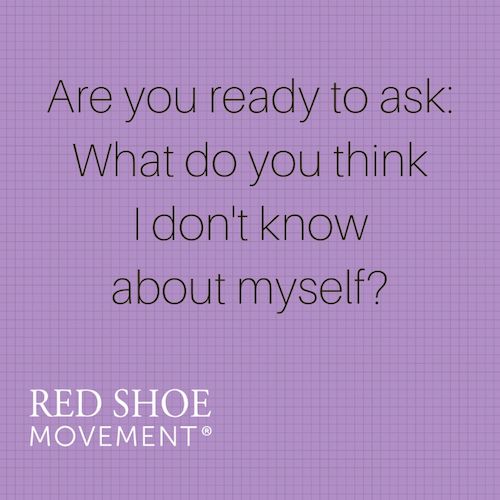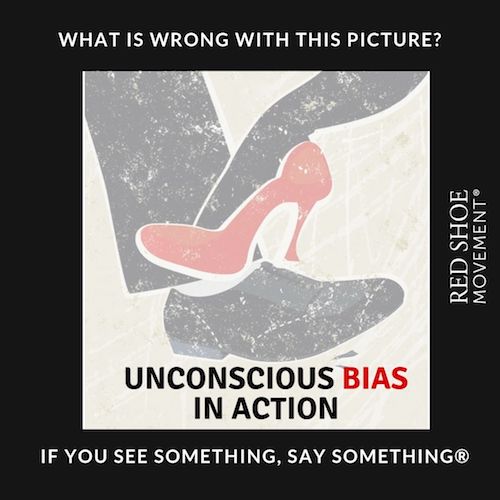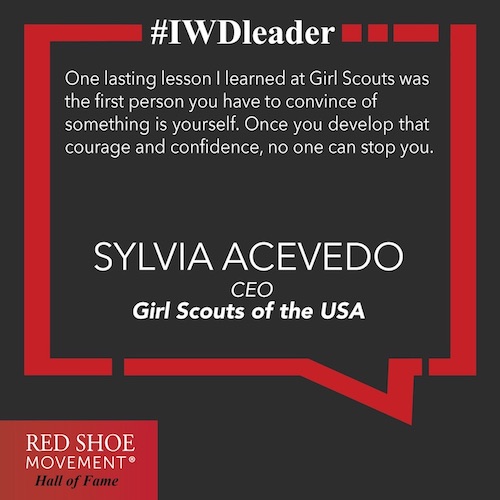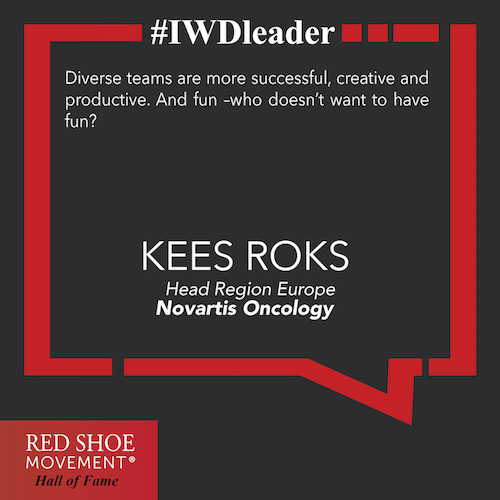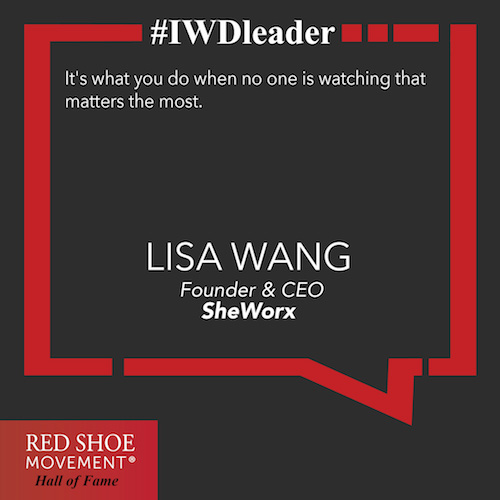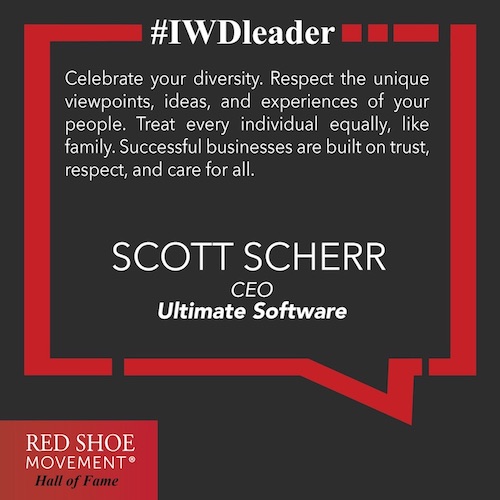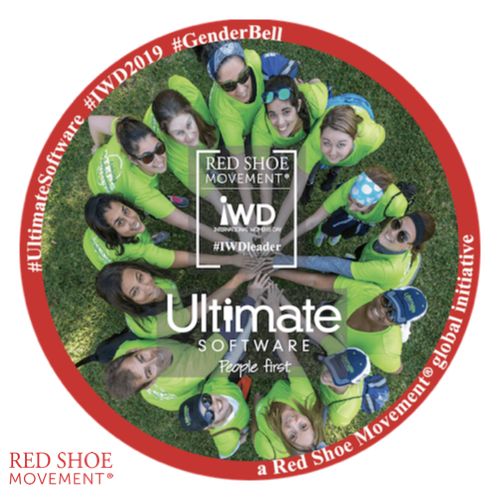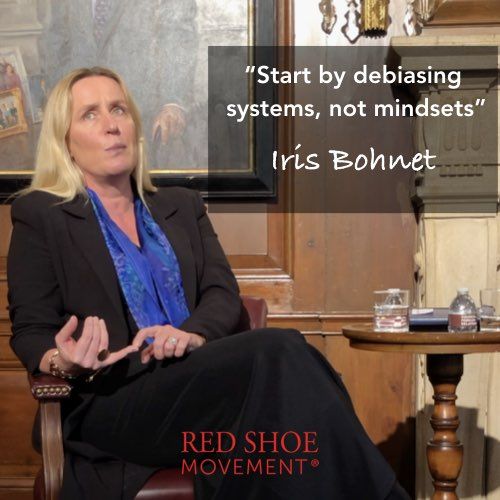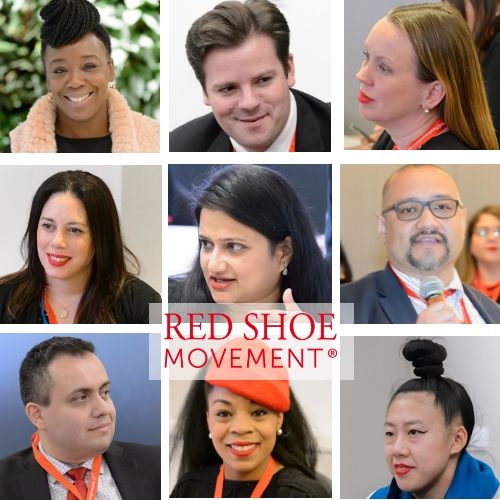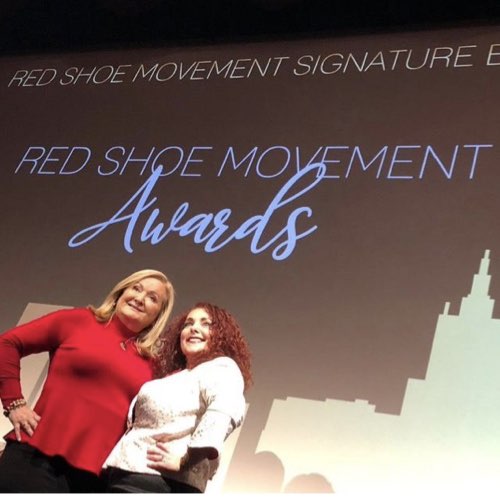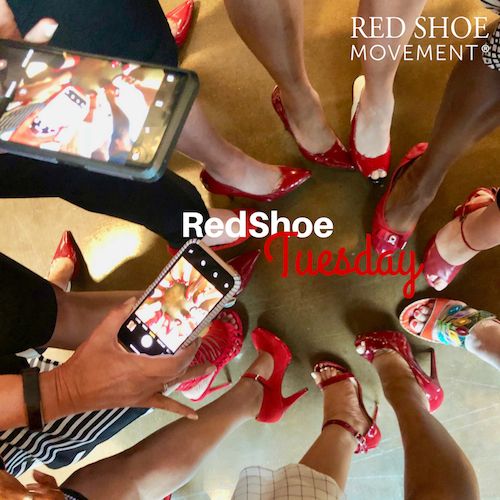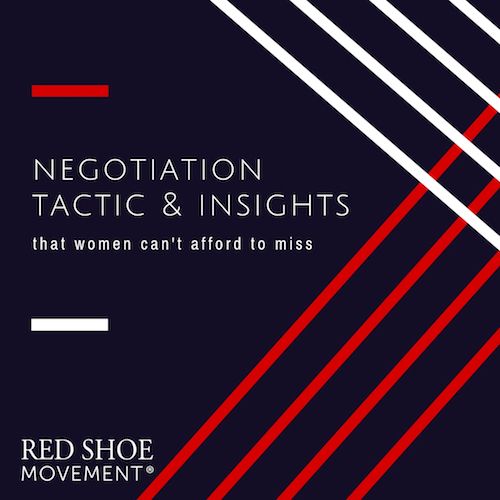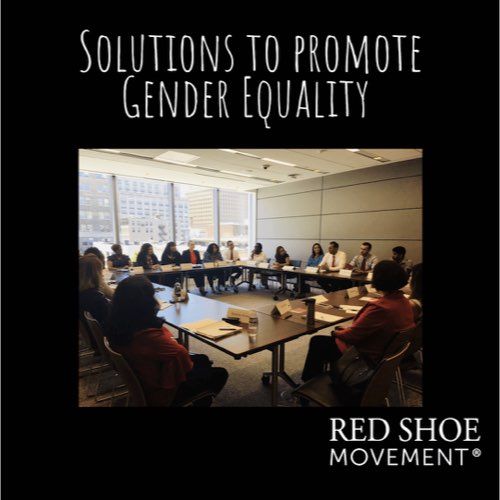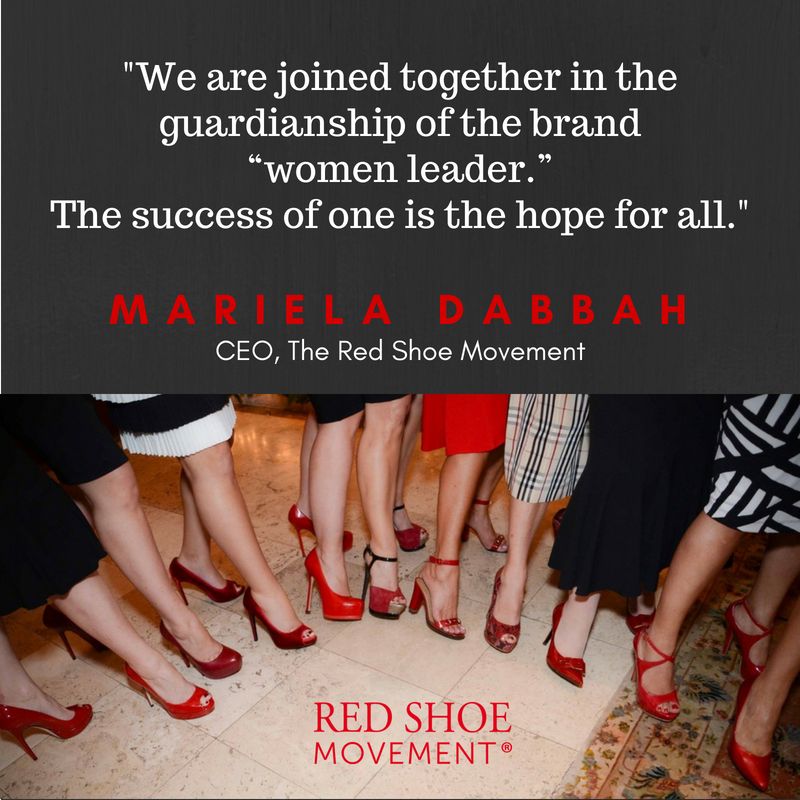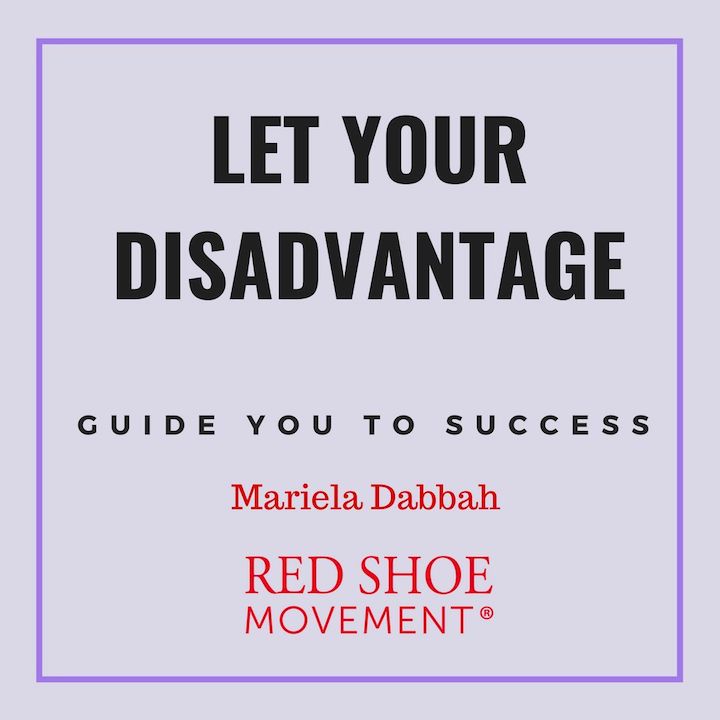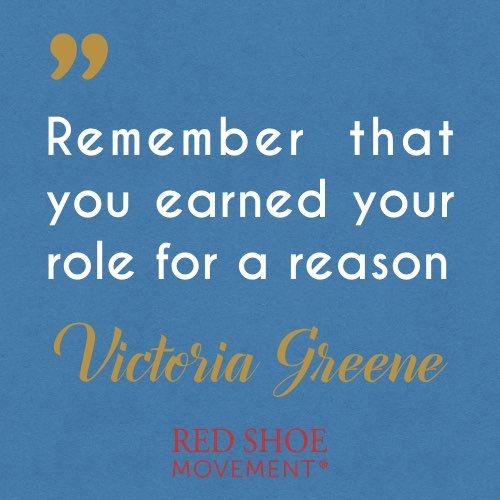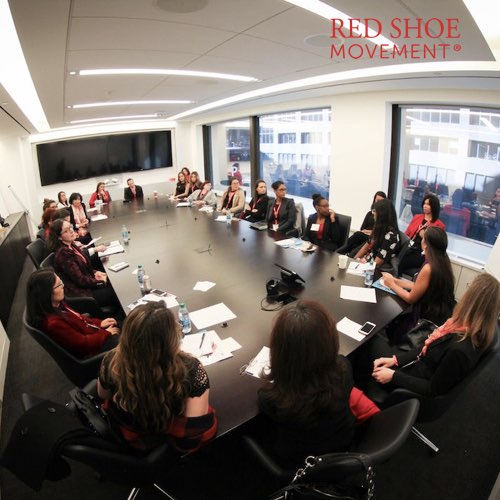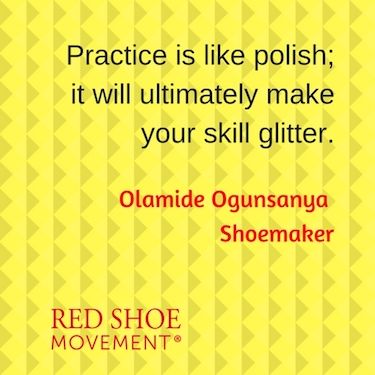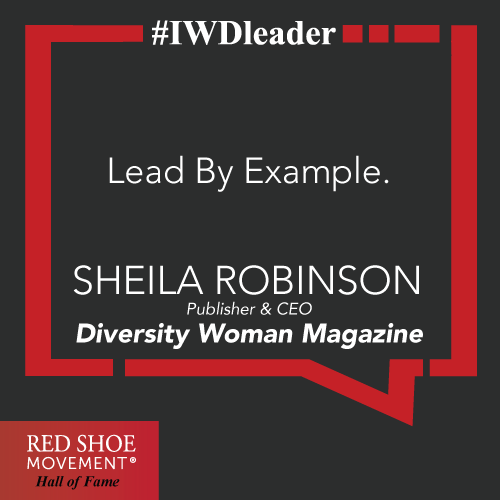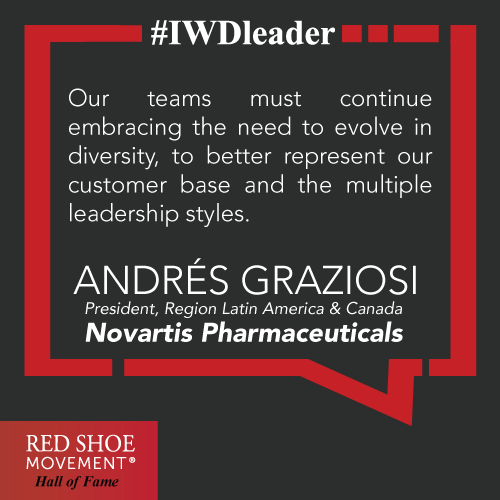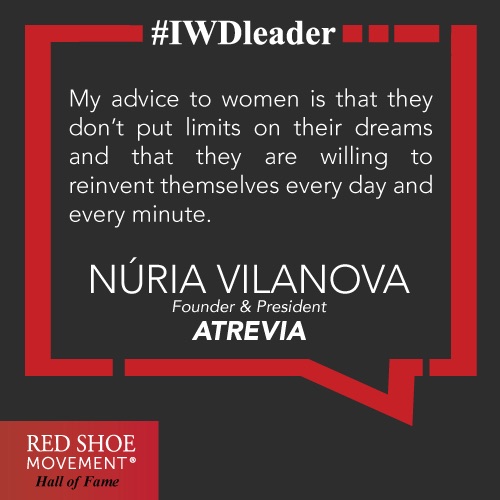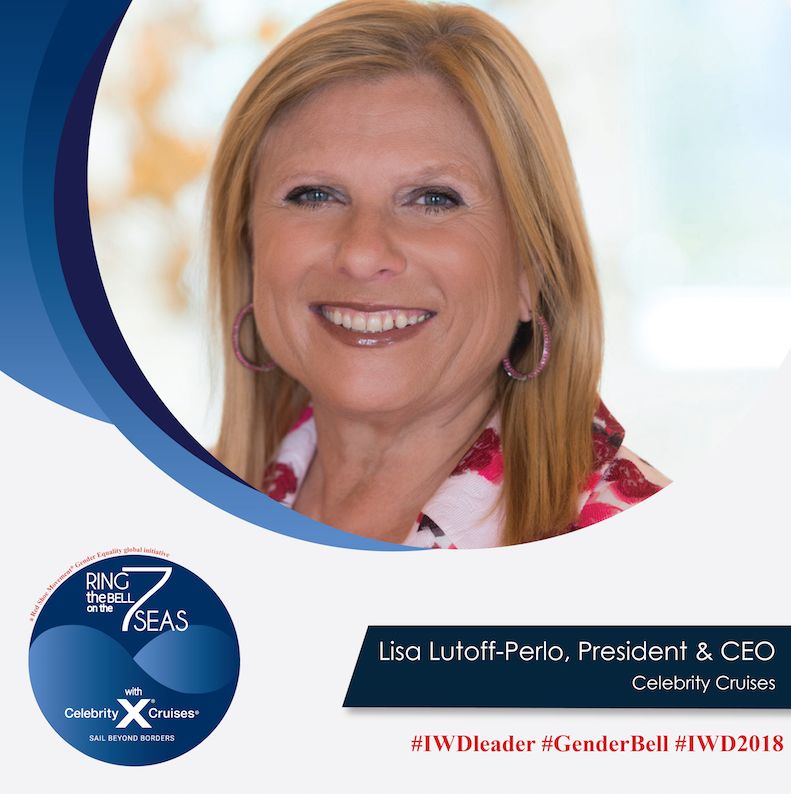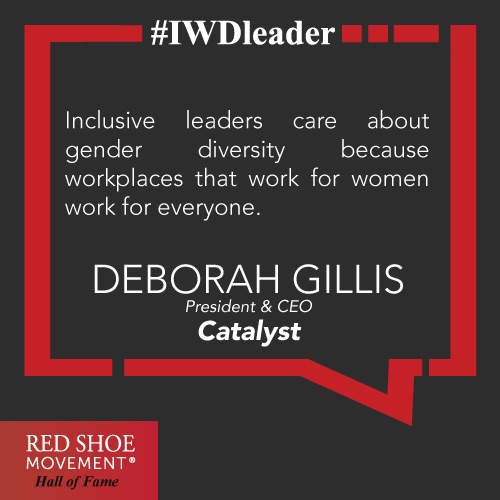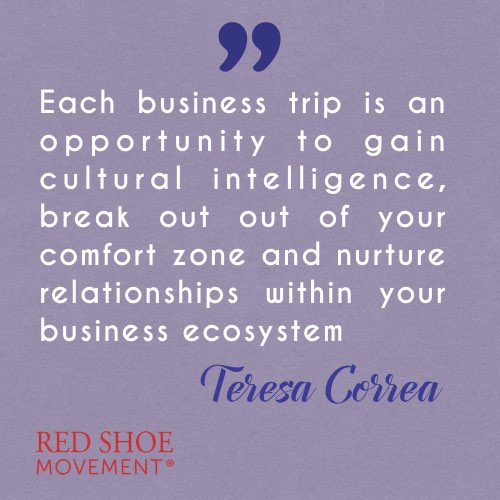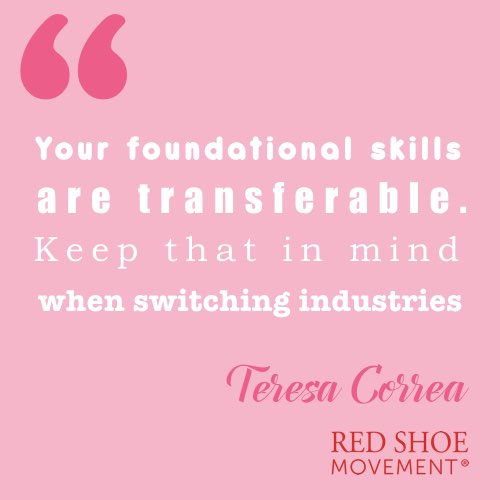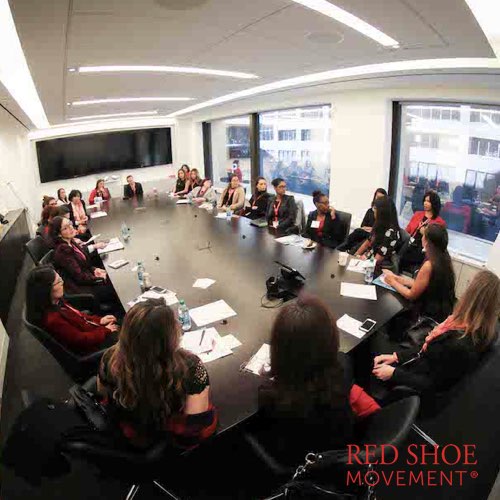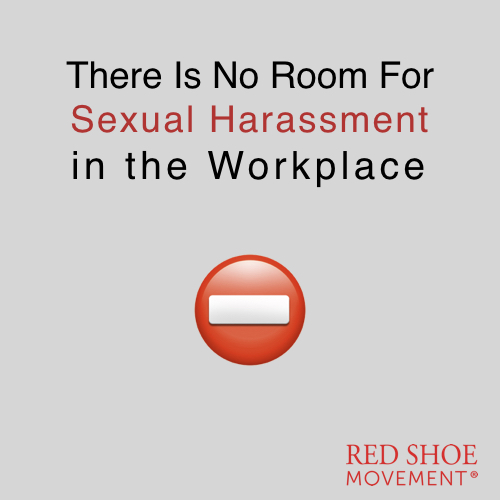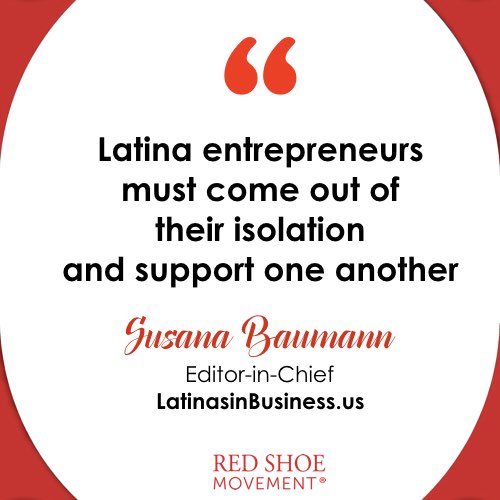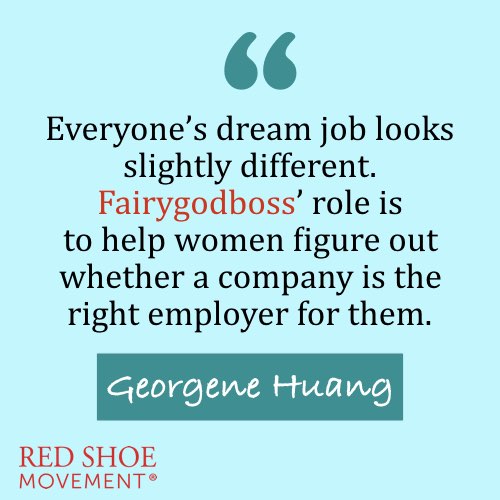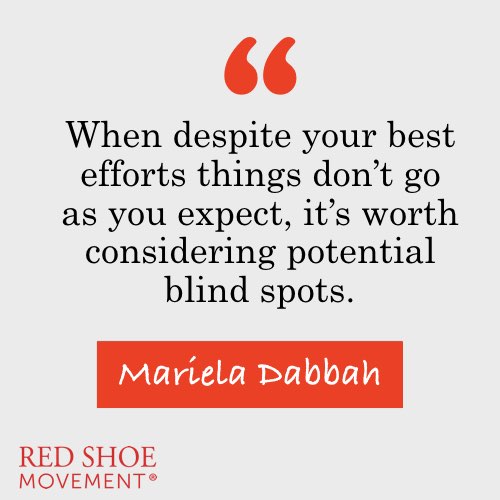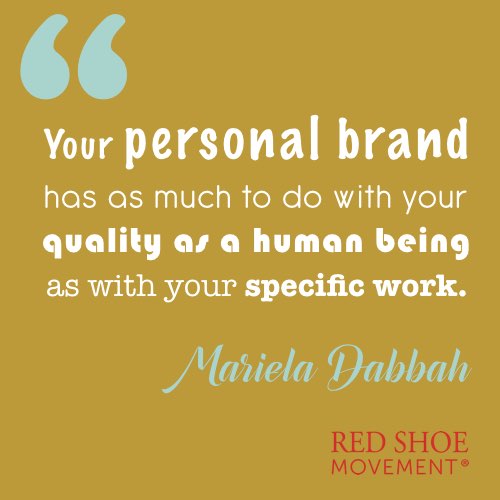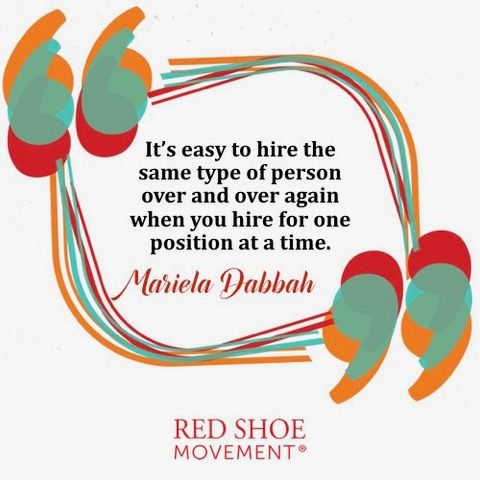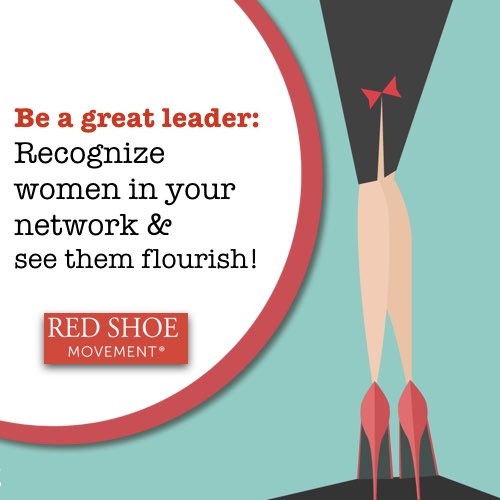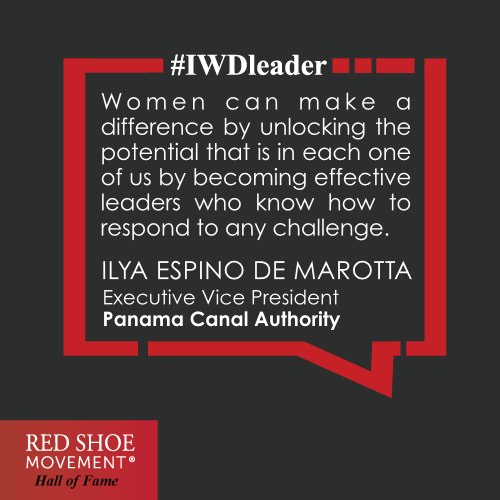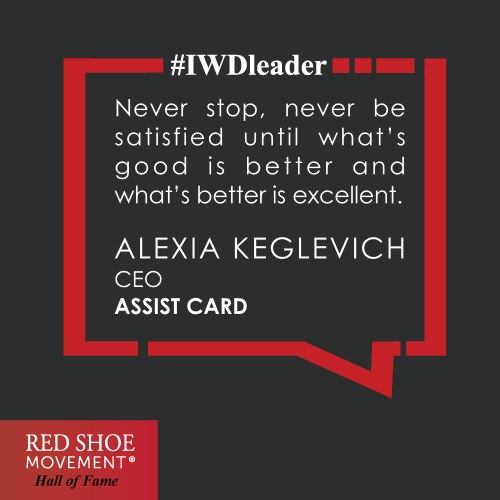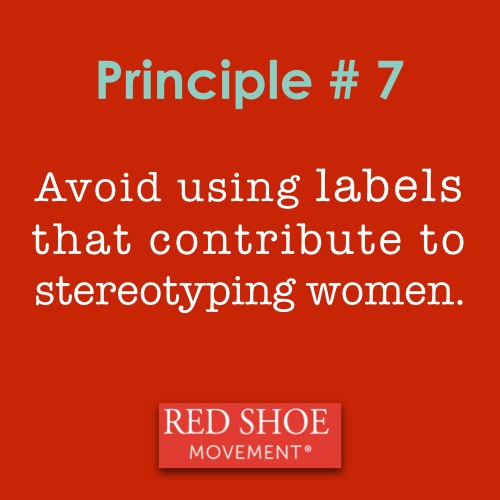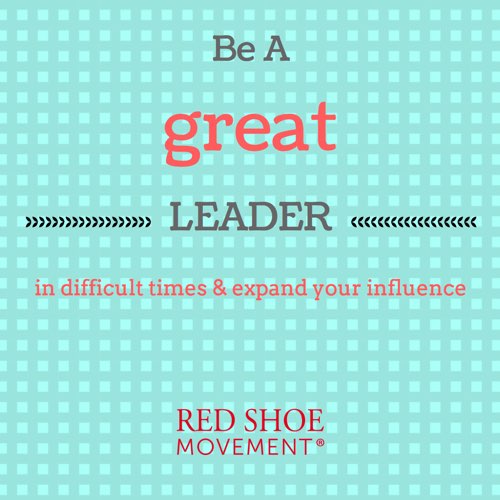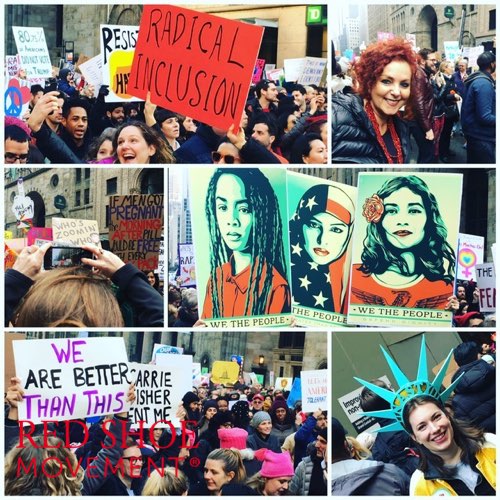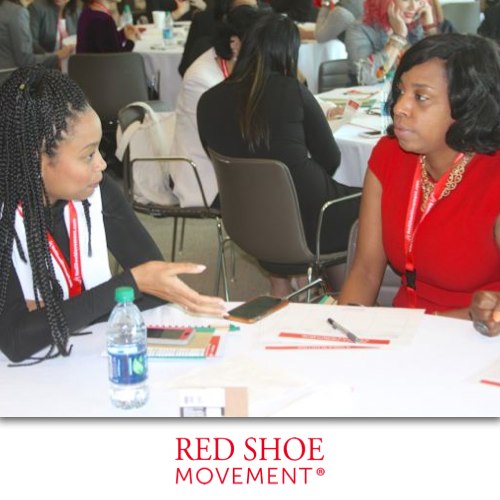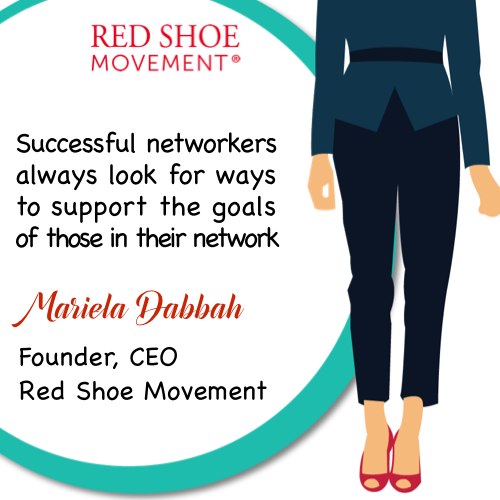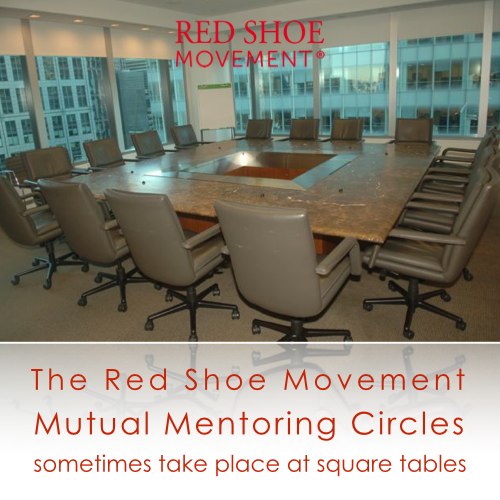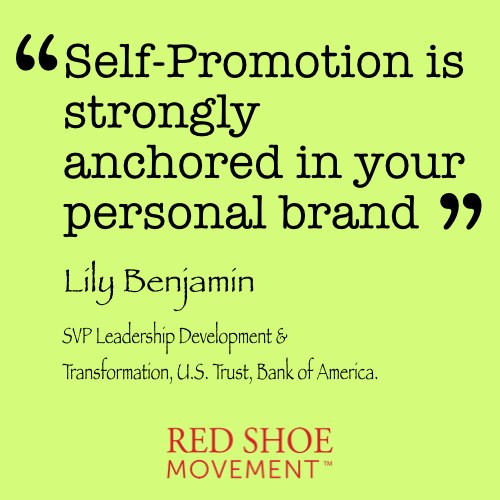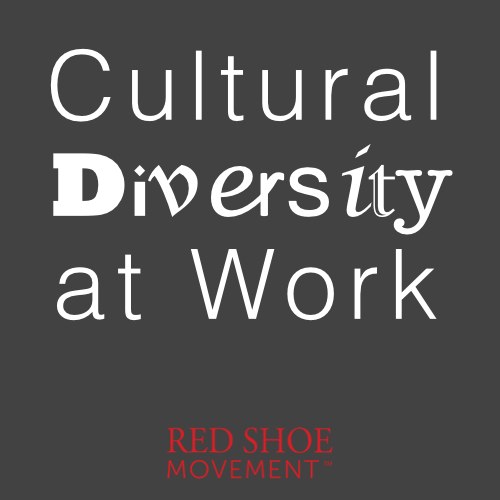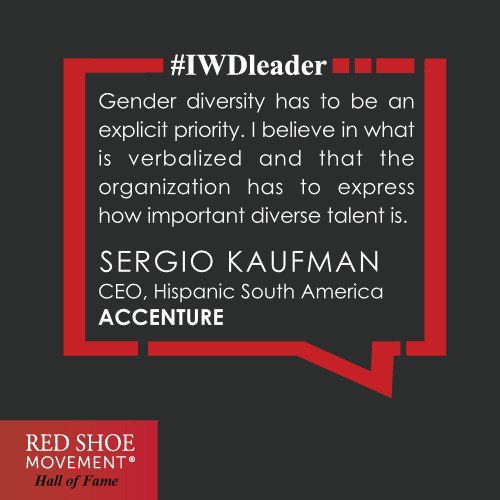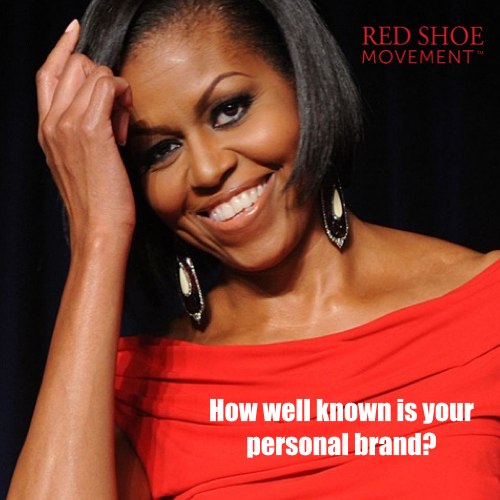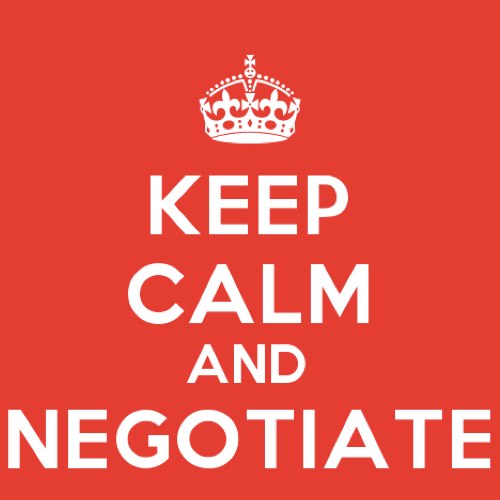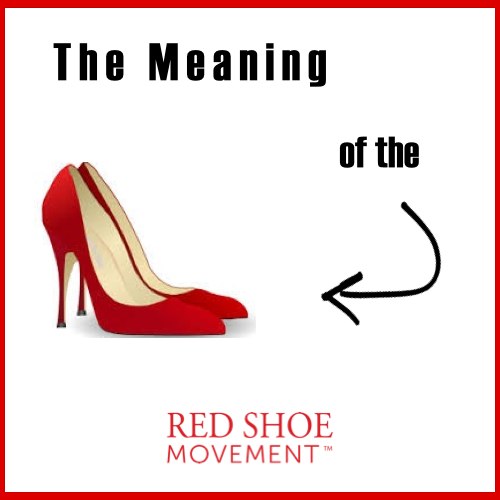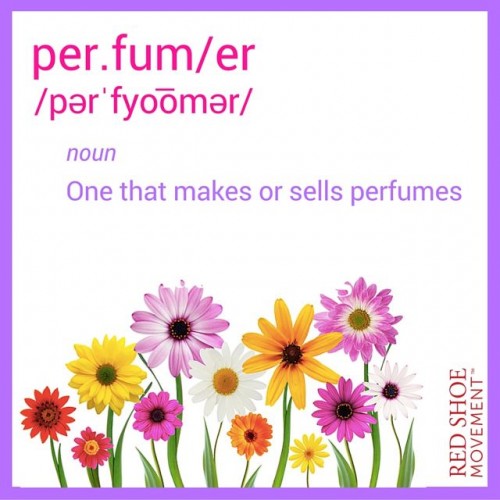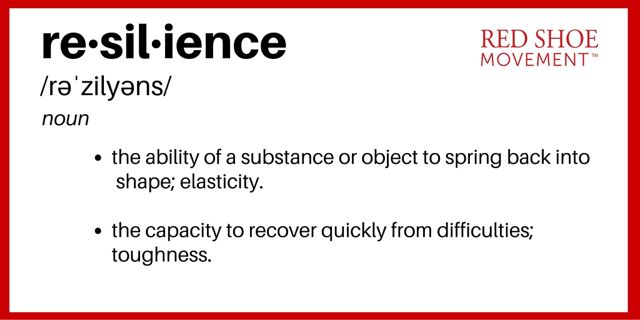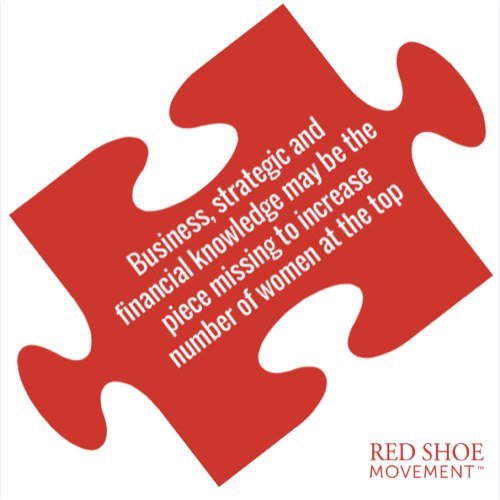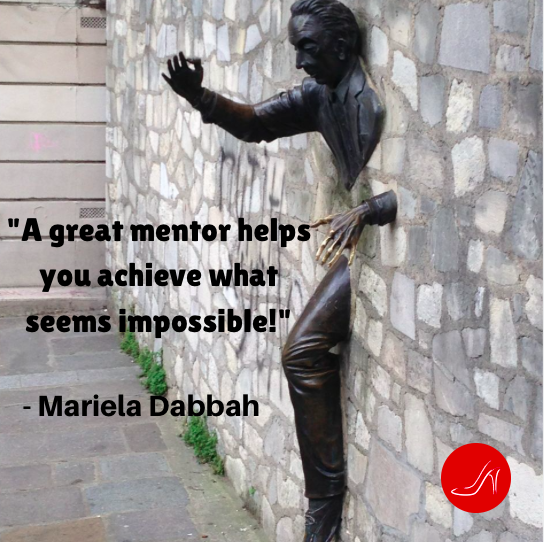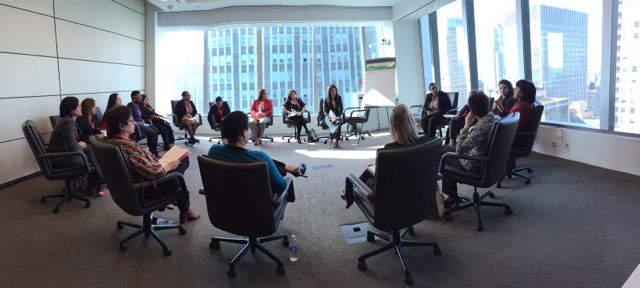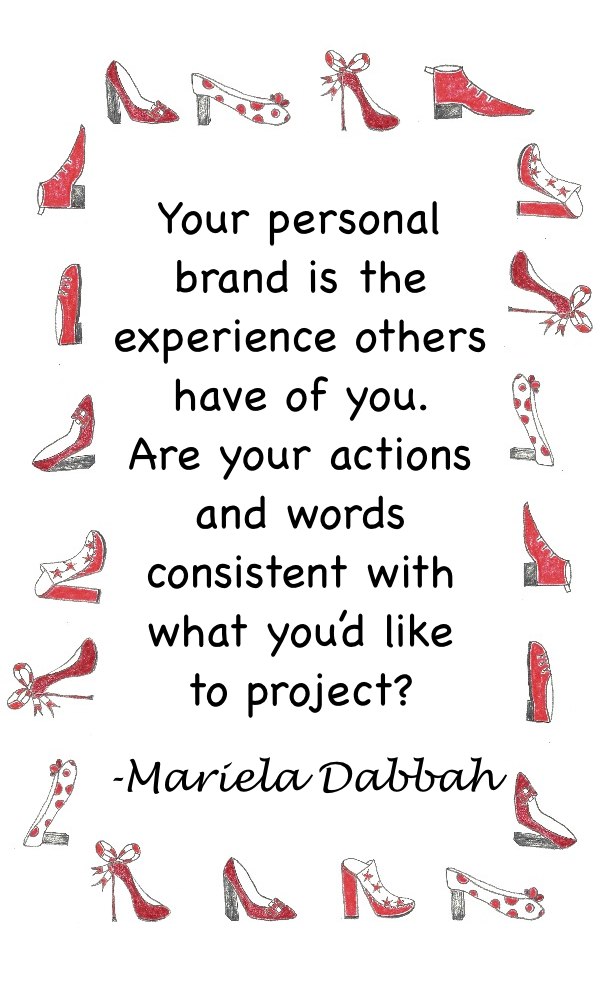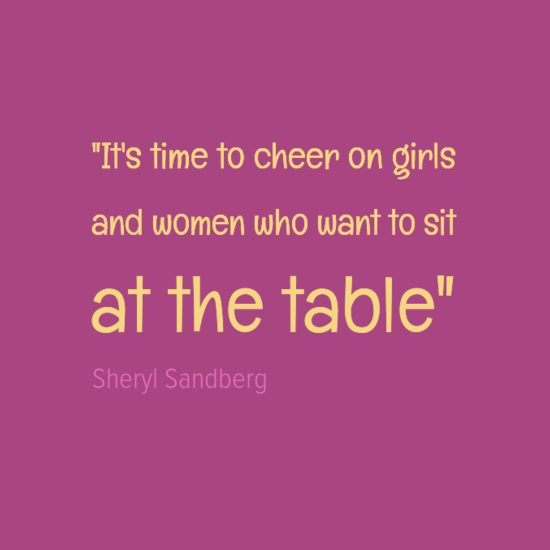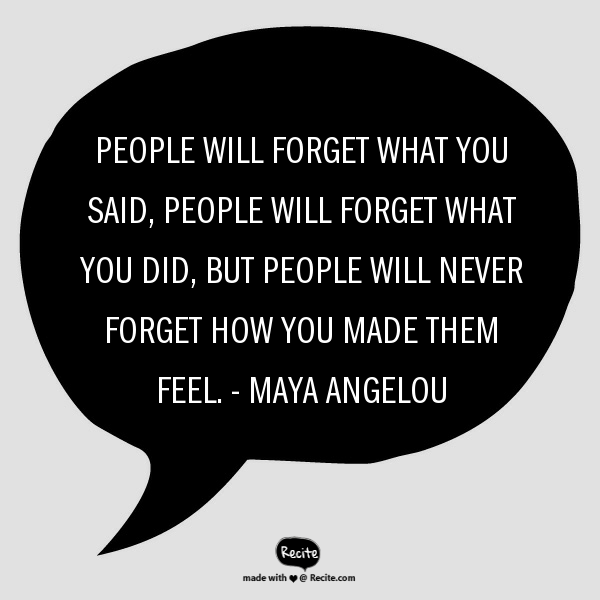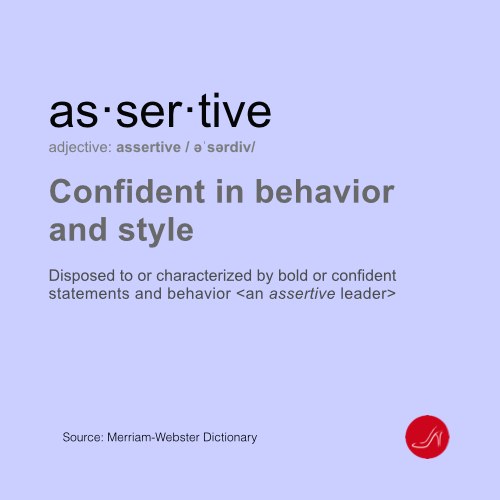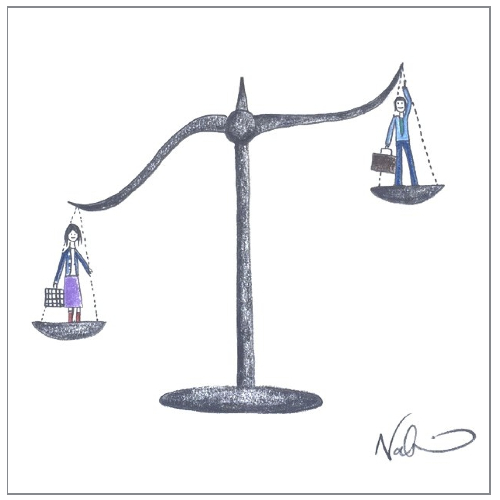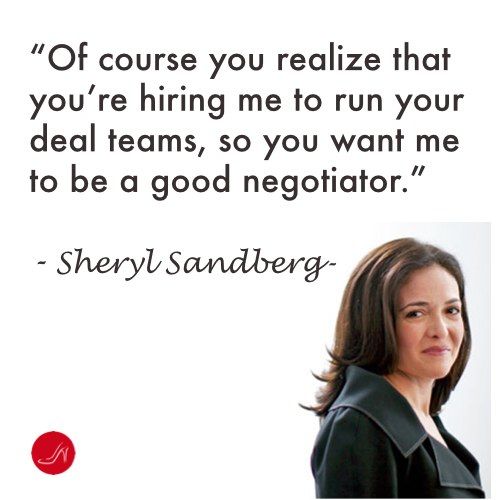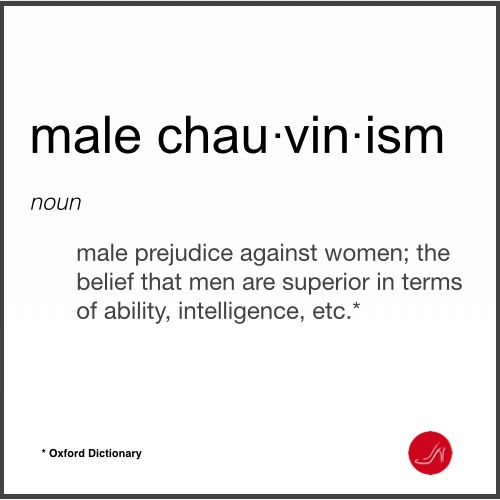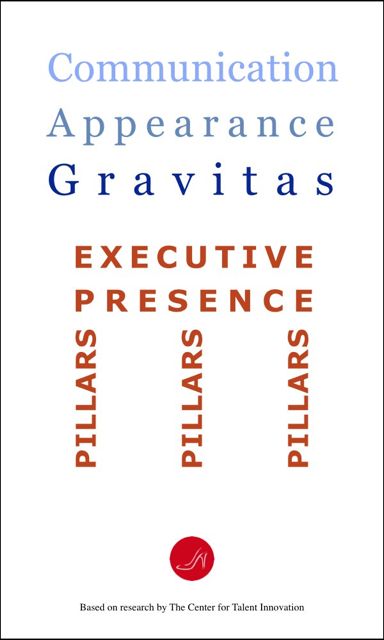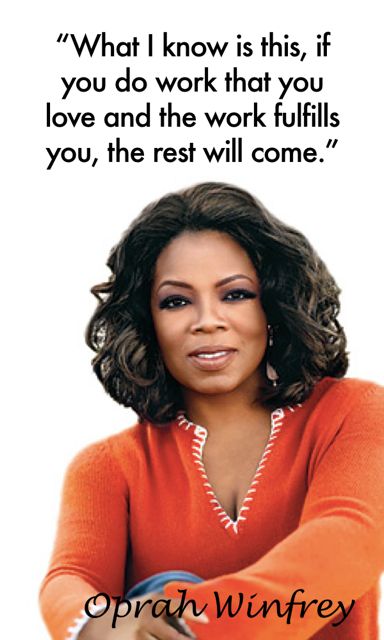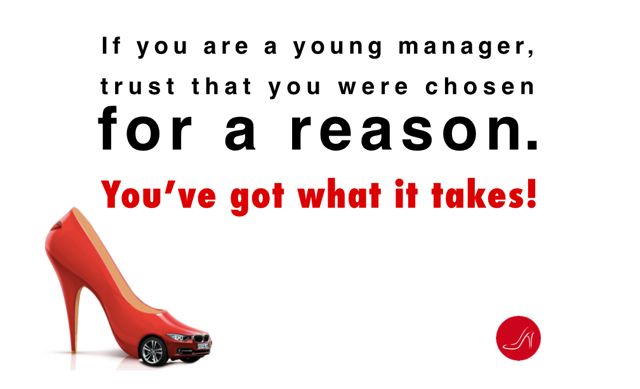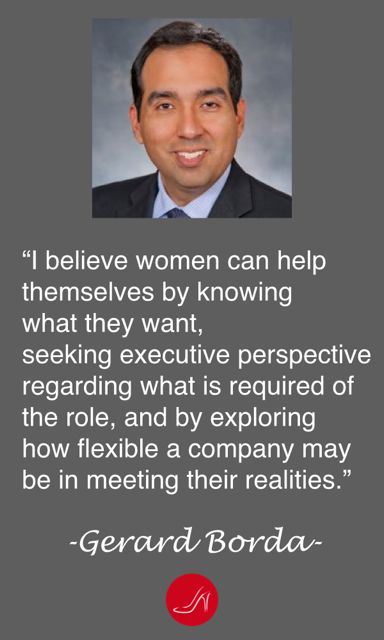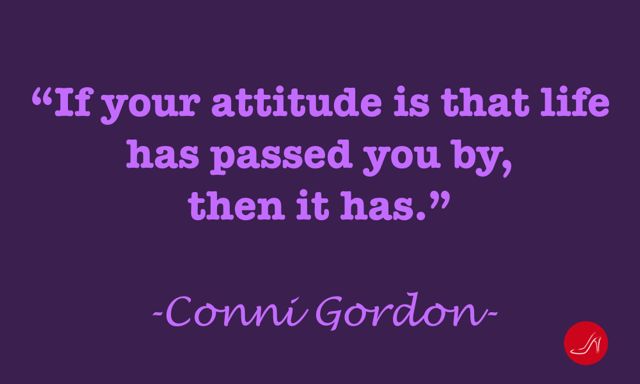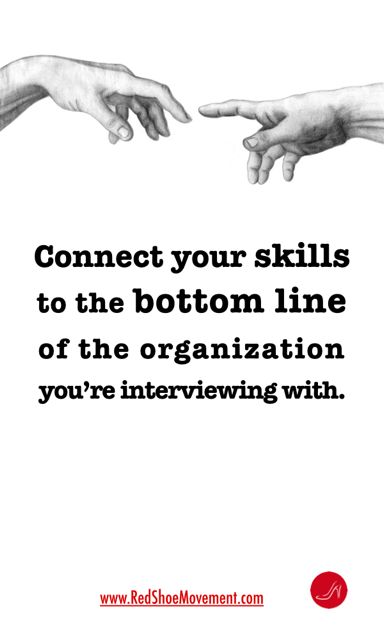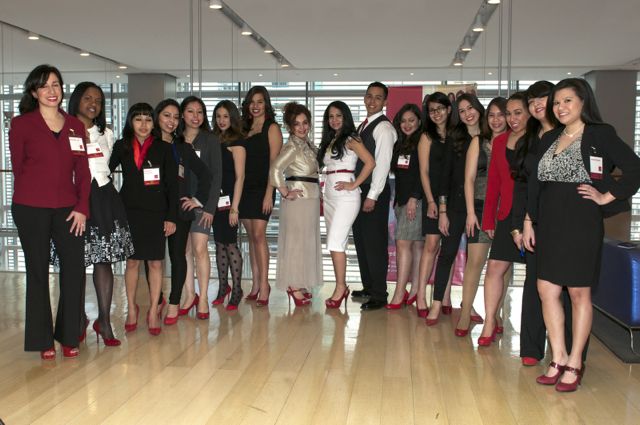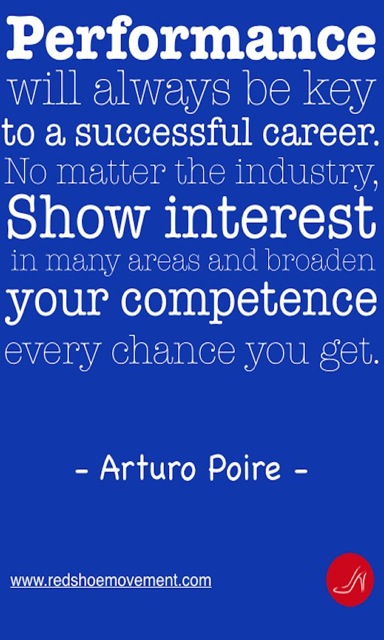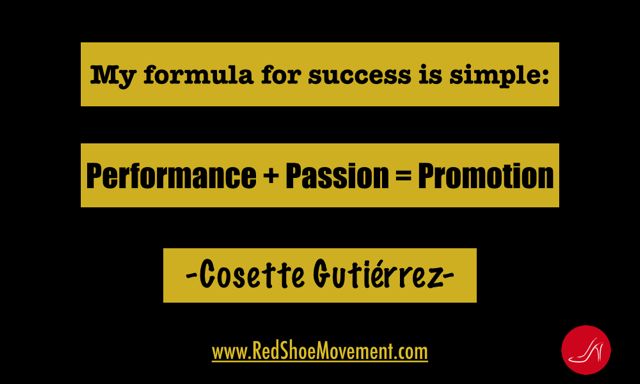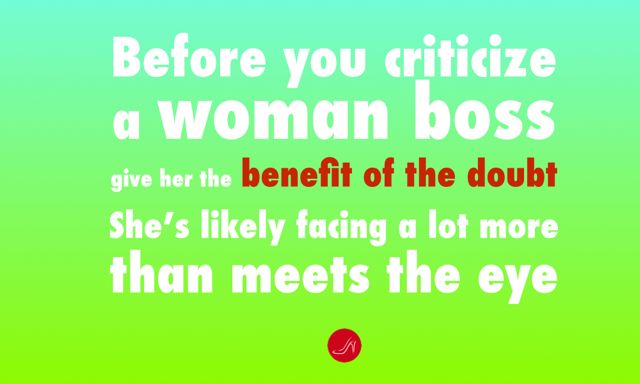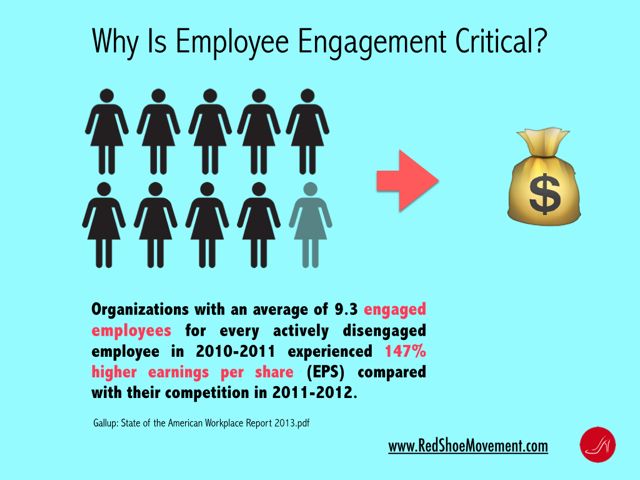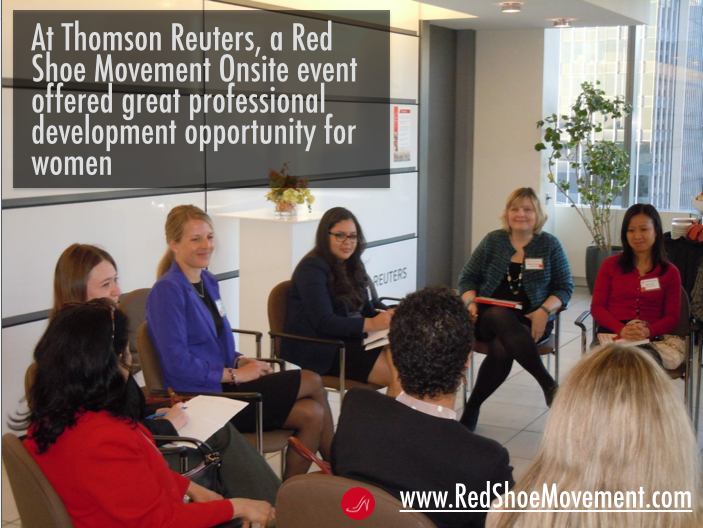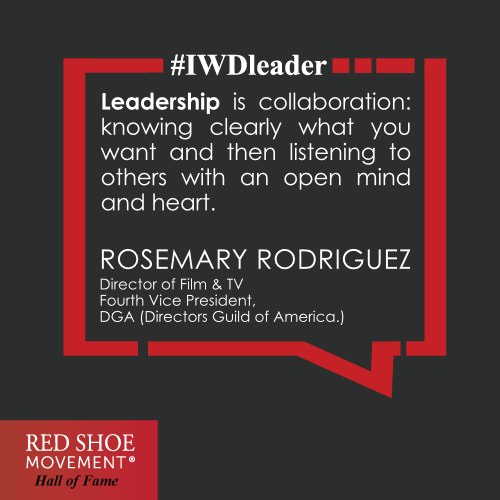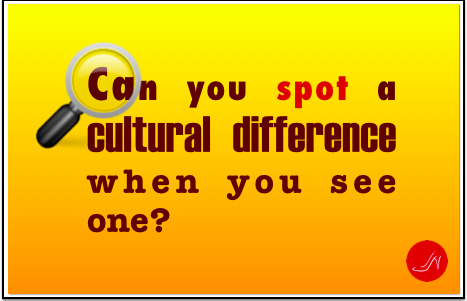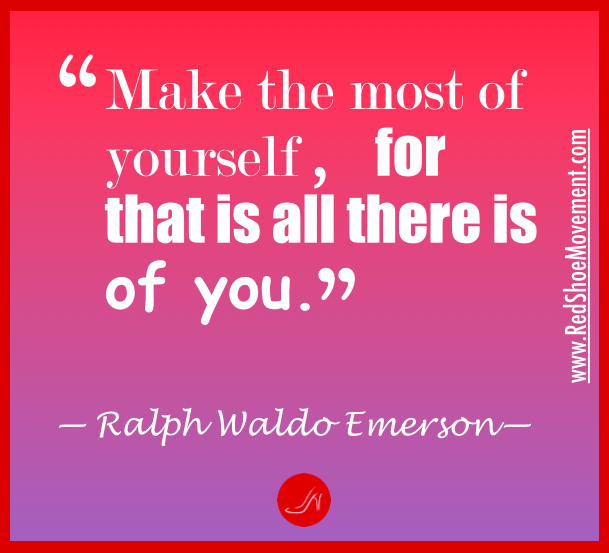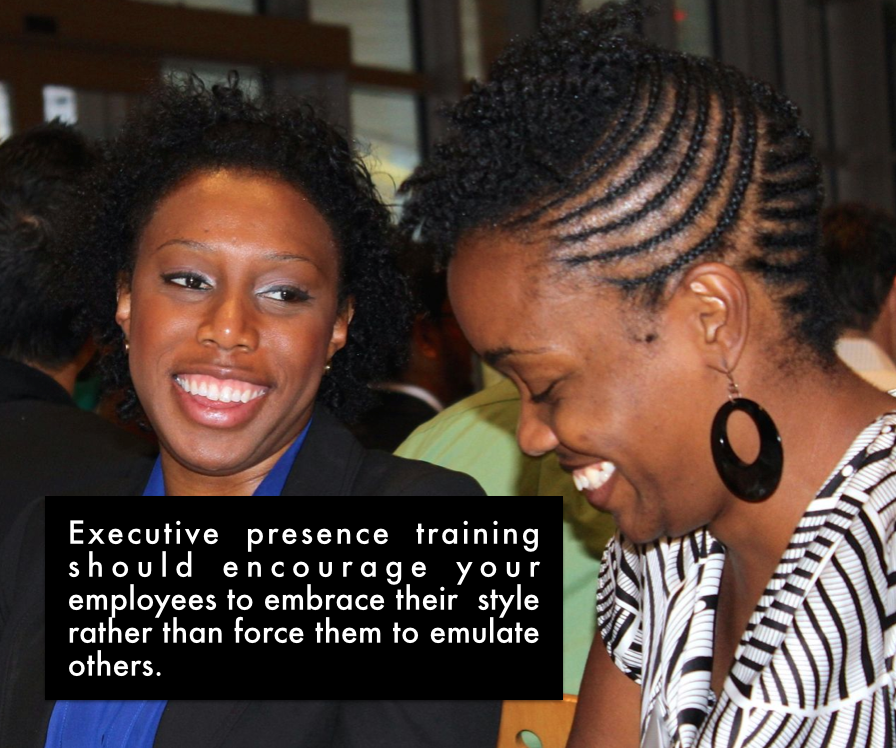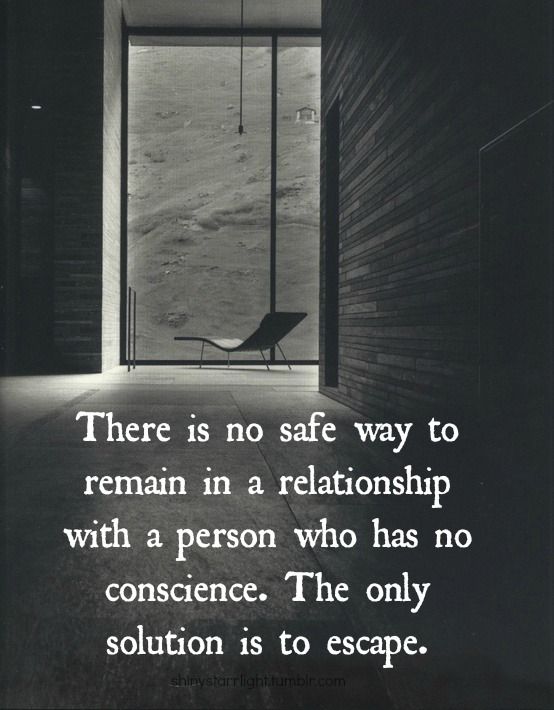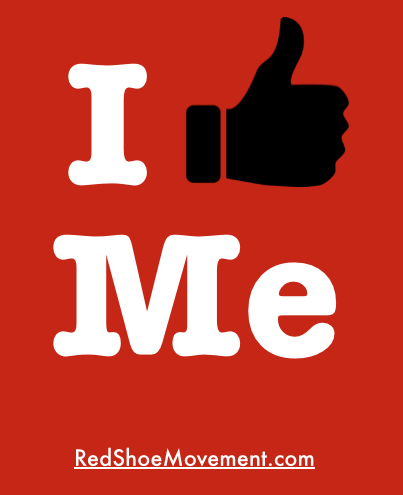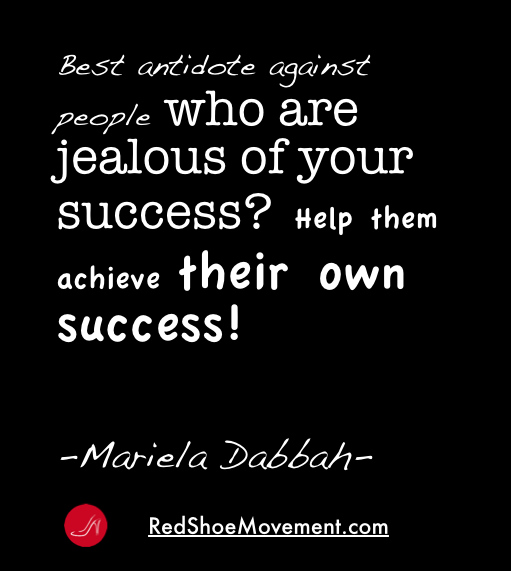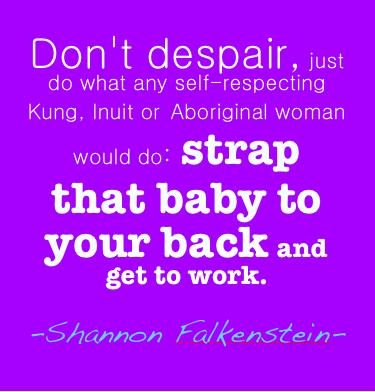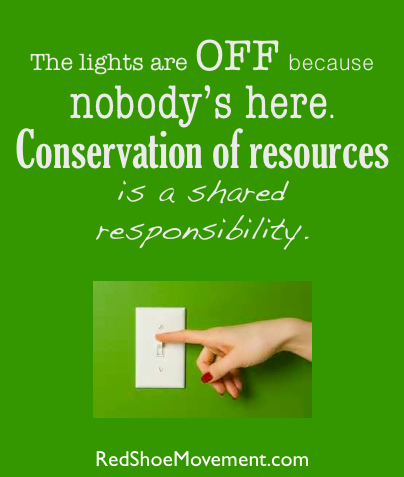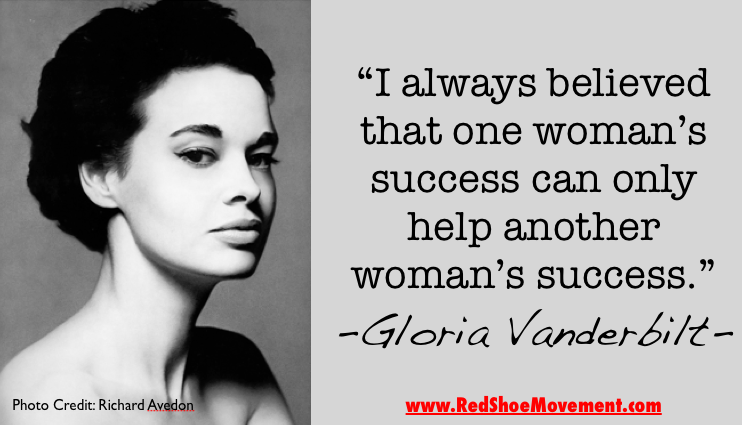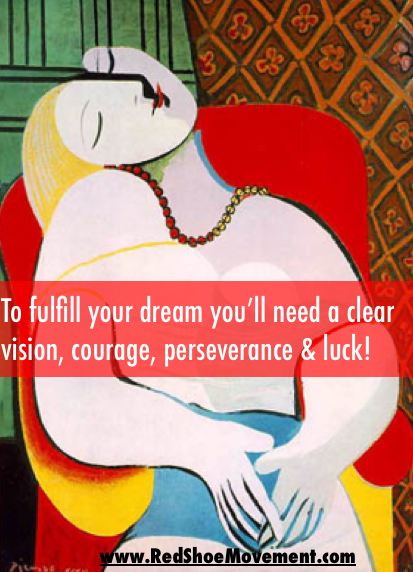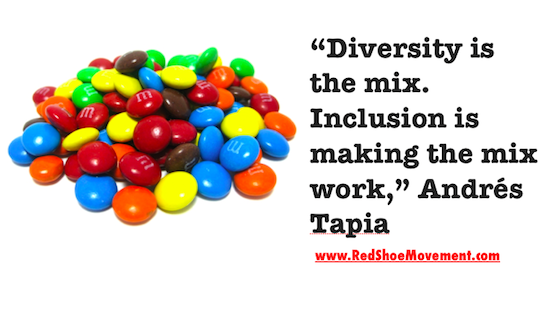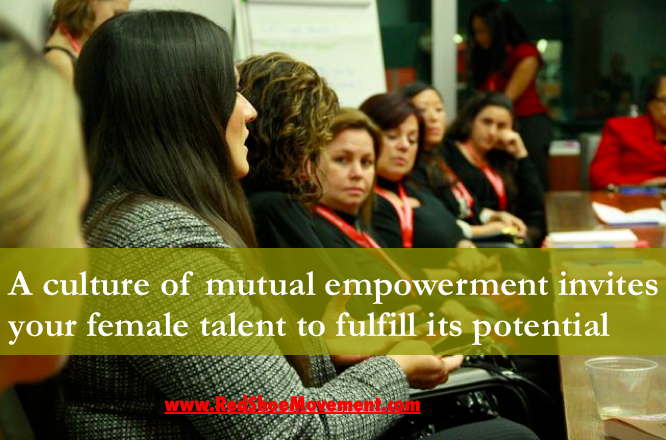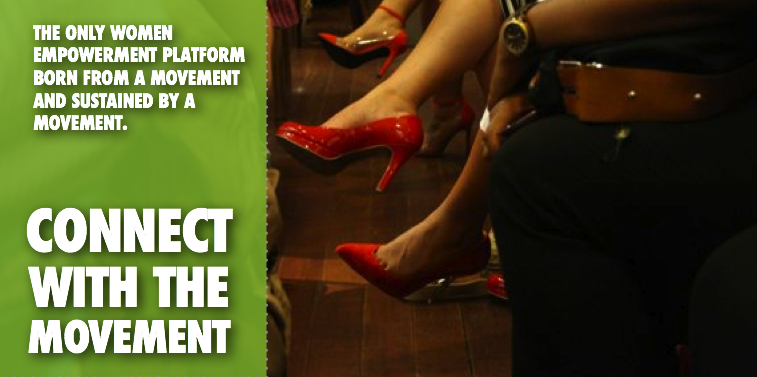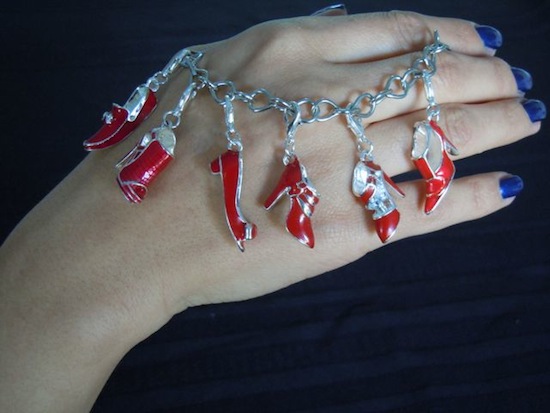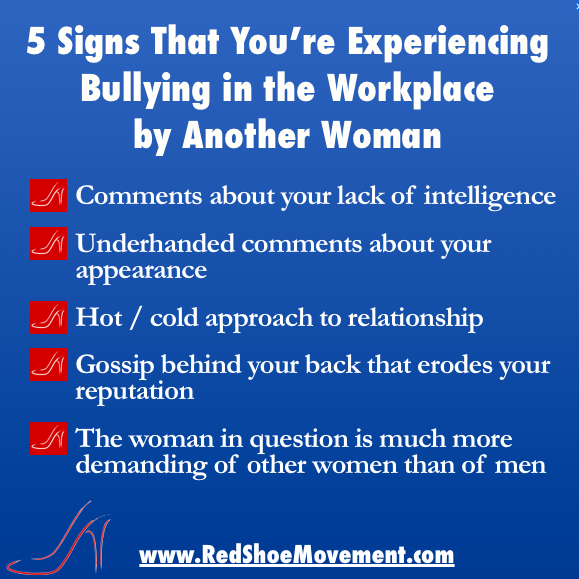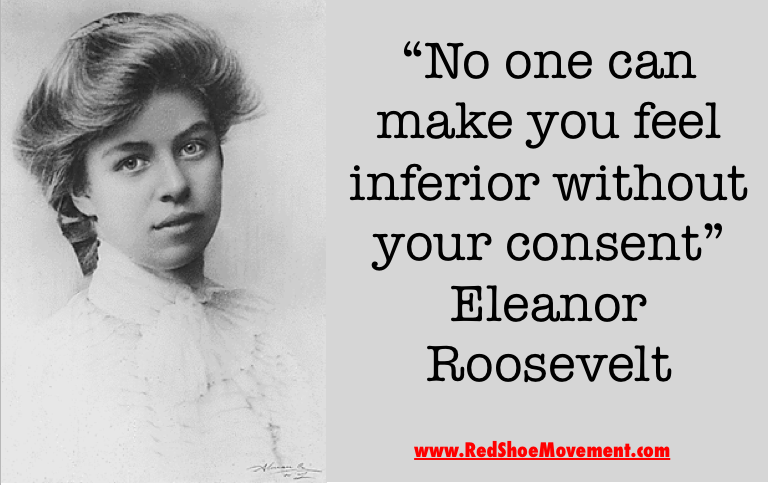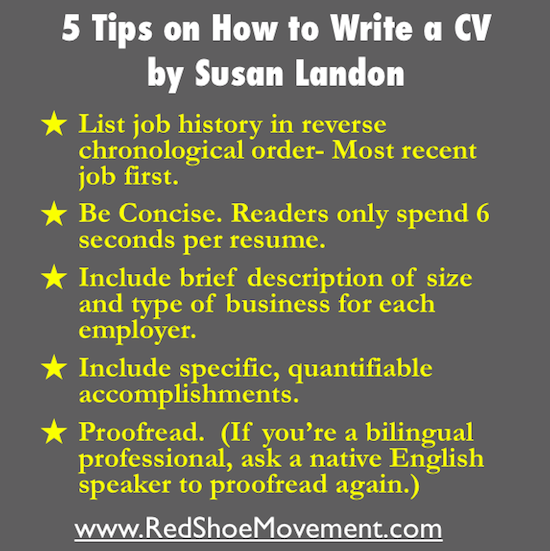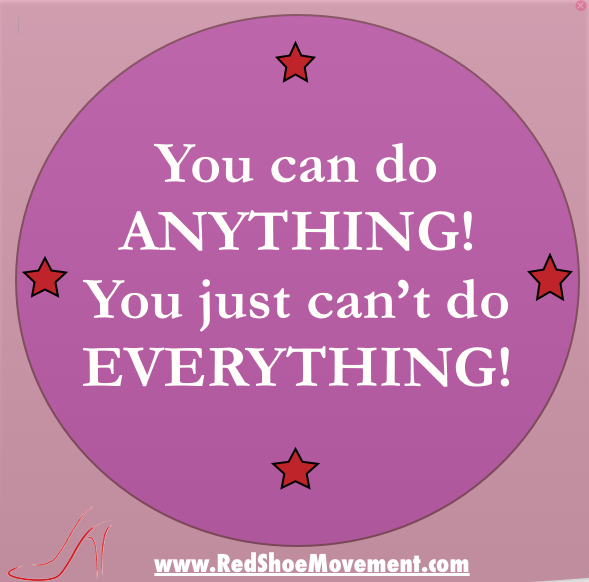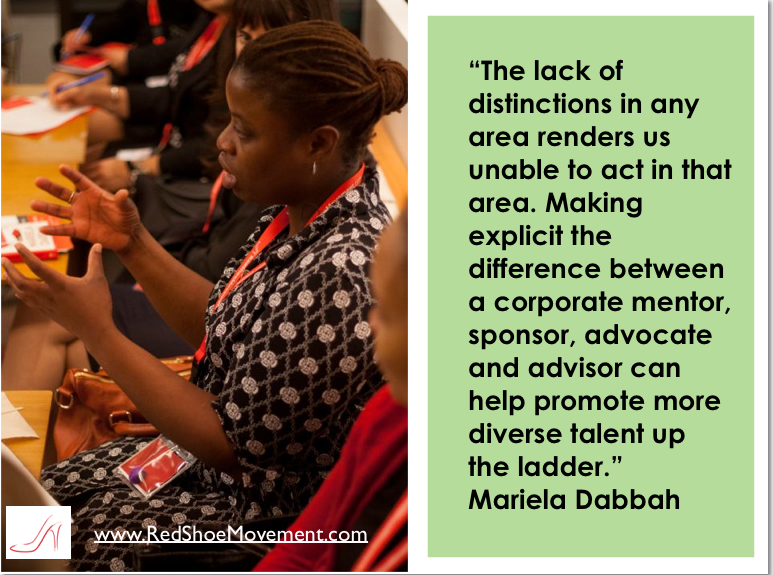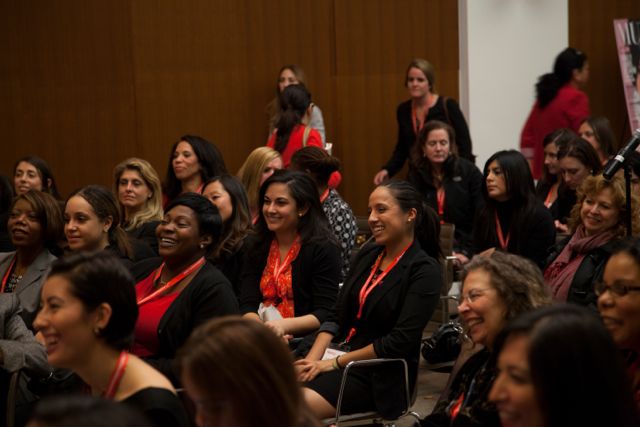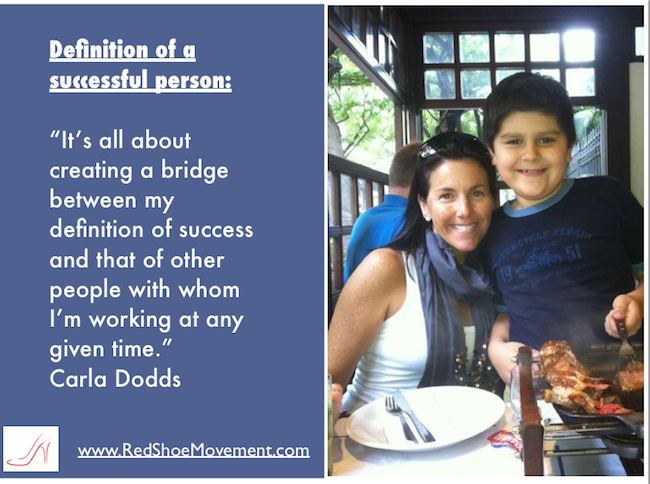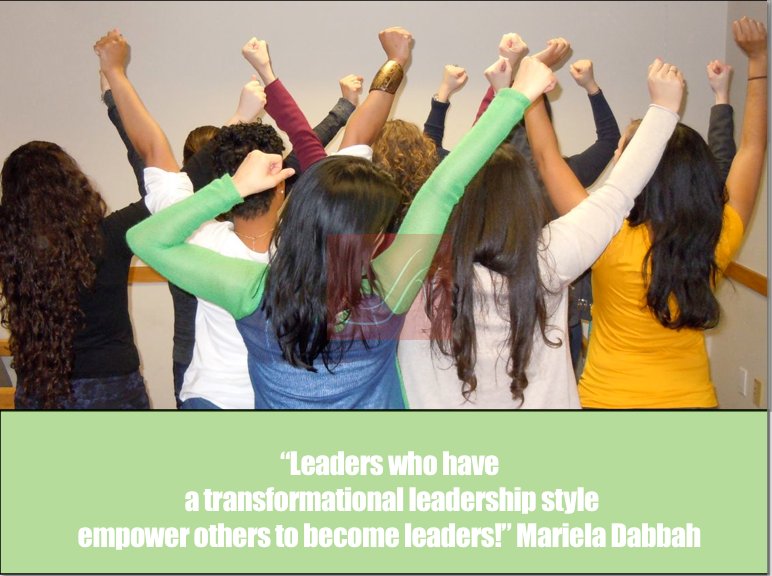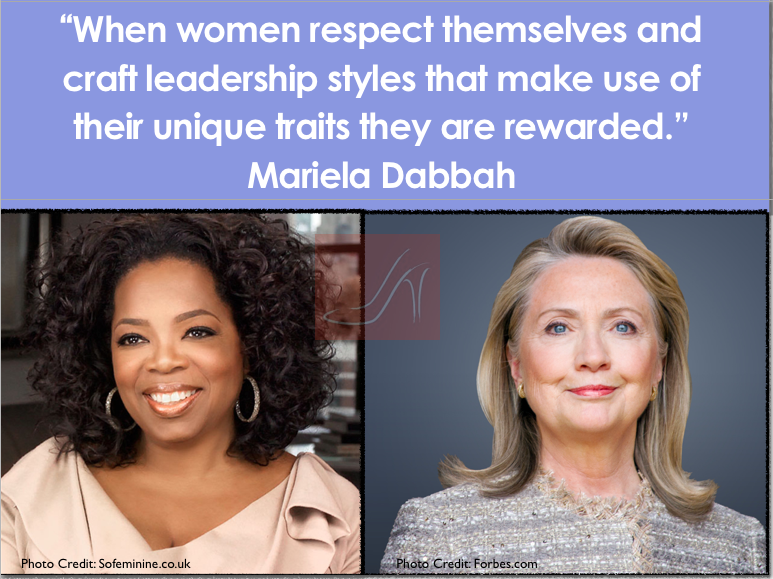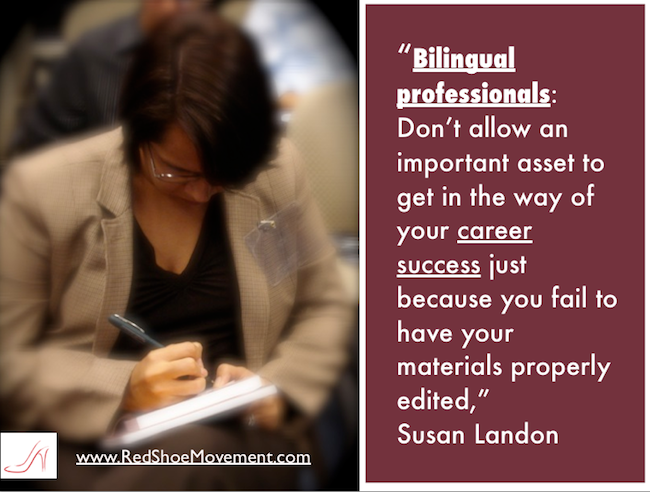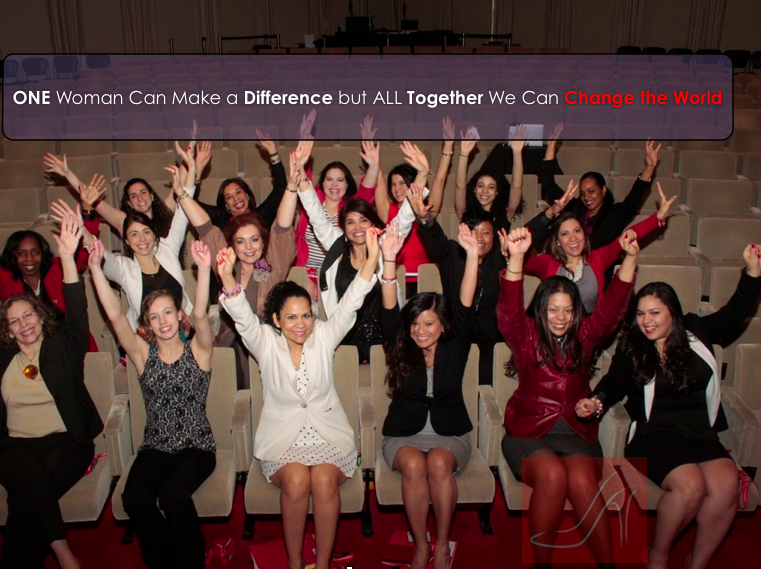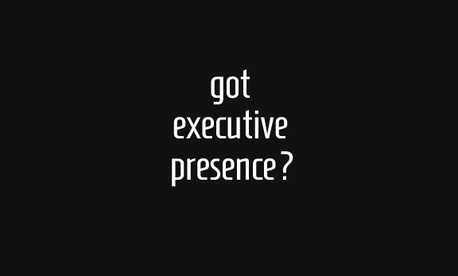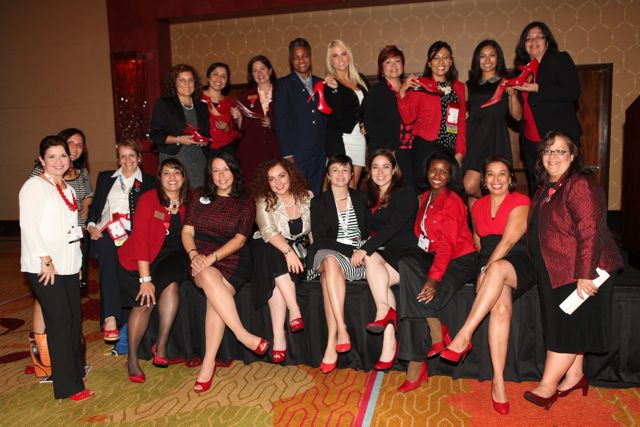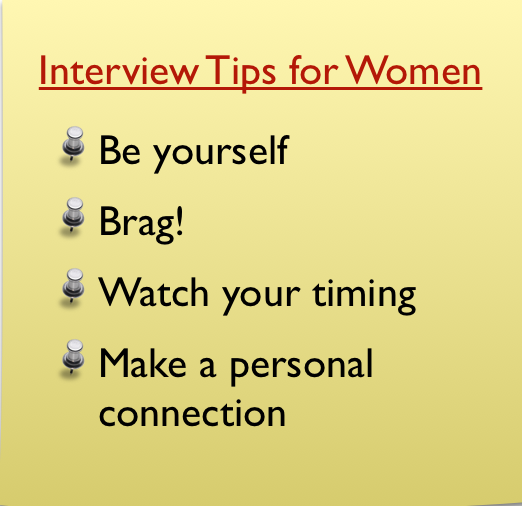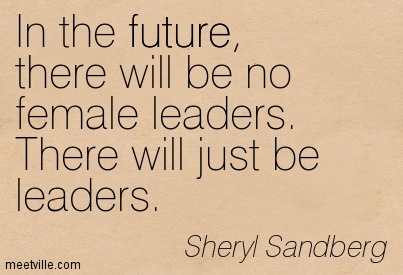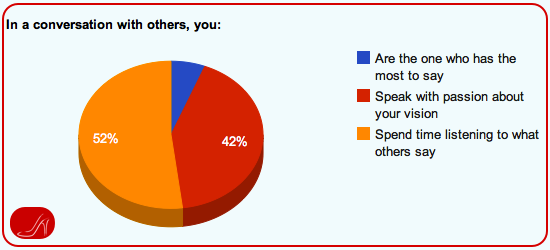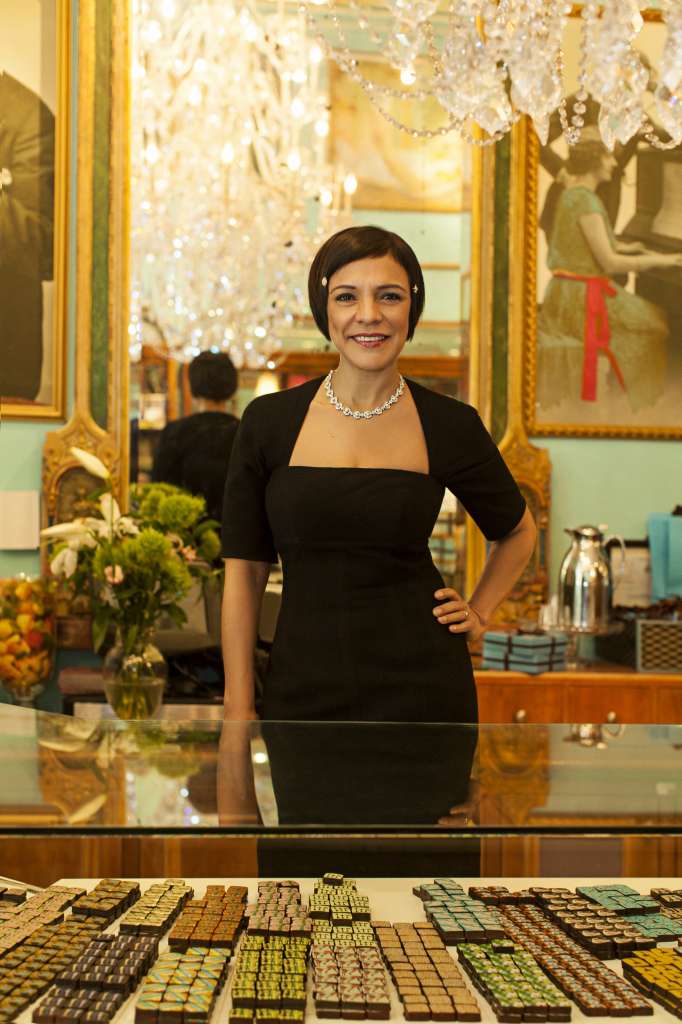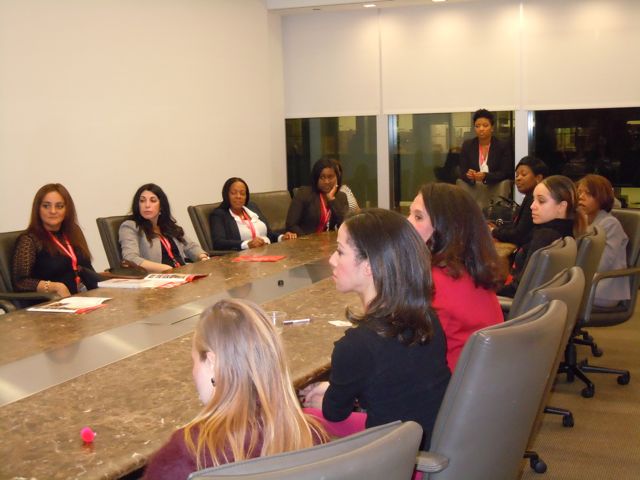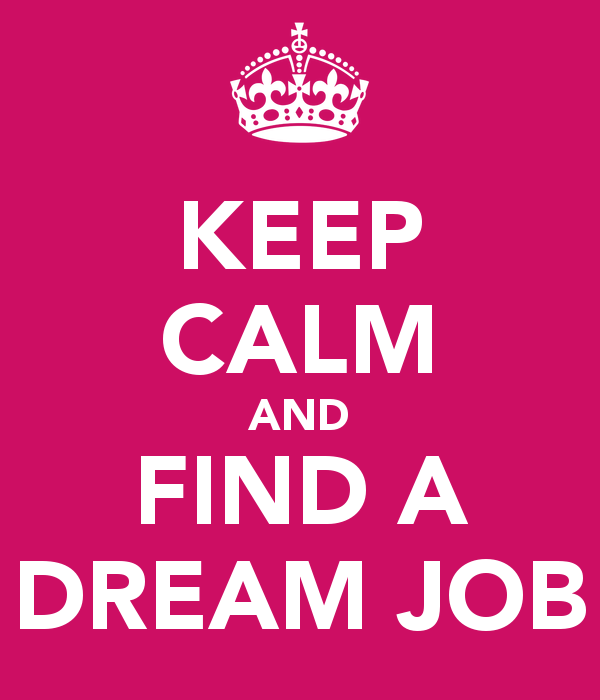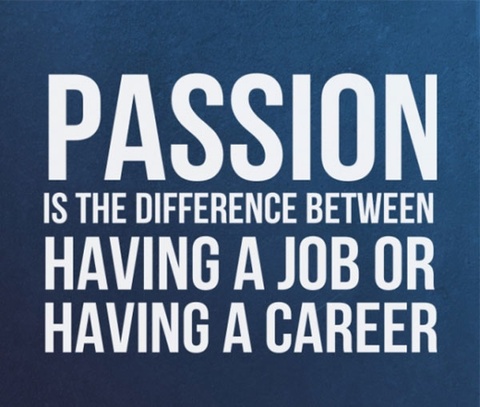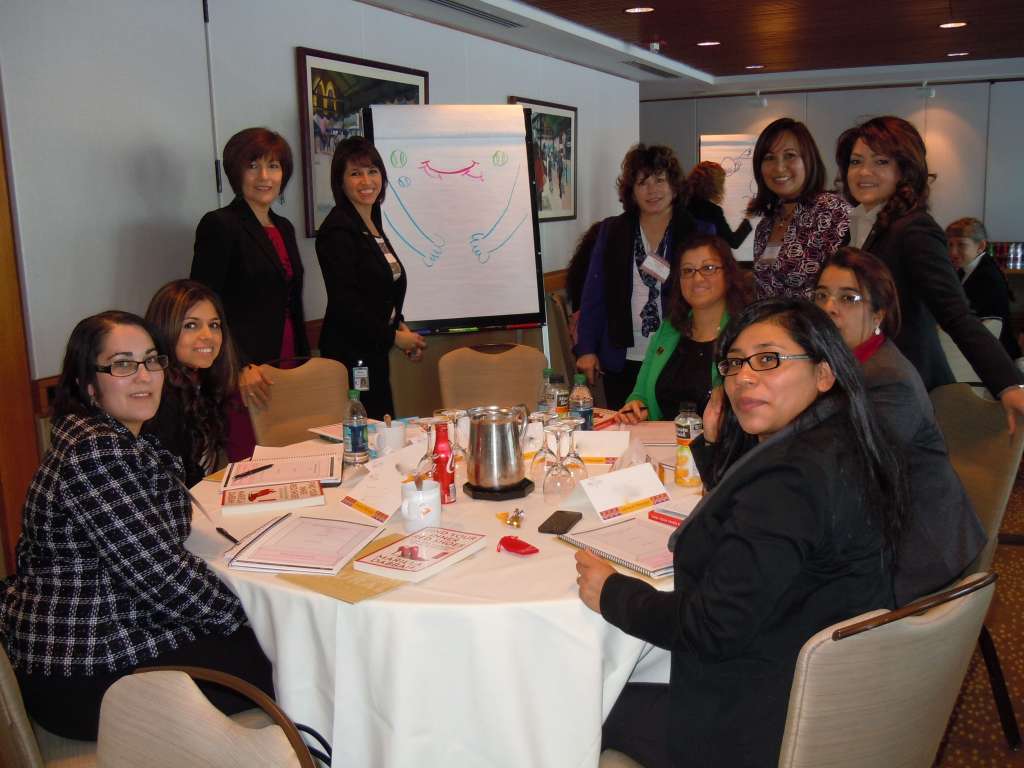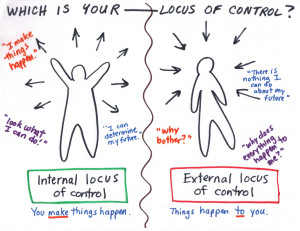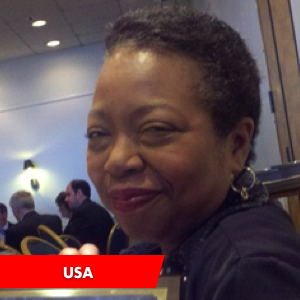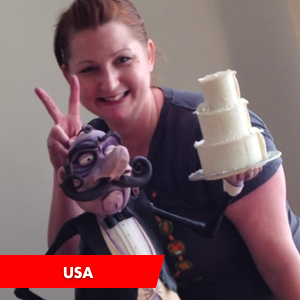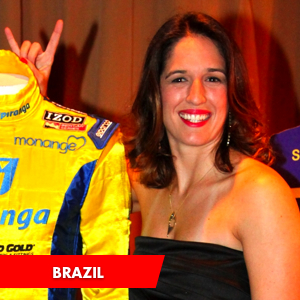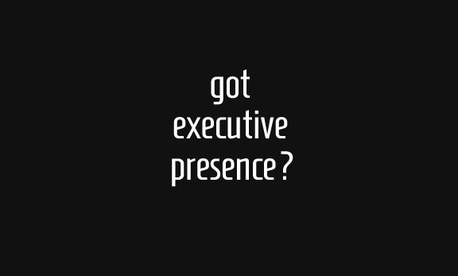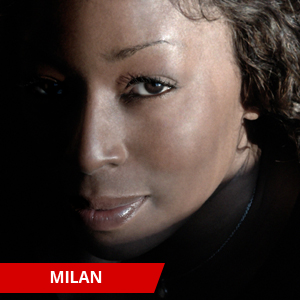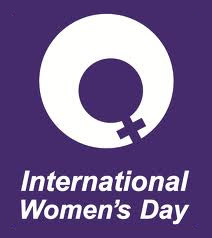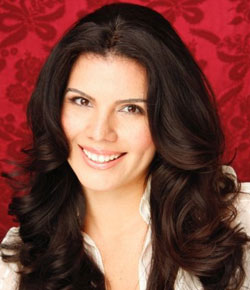More women in male-dominated professions and industries means multiple points of view, approaches to solutions & less mistakes. Everyone benefits. In recent years there’s been a push for more women in male-dominated professions. Is it worth the effort it takes to break into these fields? Read on!
According to Catalyst, male-dominated industries are those with less than 25% women, and they tend to be the toughest fields for women’s career advancement. Why? Well, Catalyst’s research confirmed something many experts have long suspected—Given that, in male-dominated industries, the senior leadership tends to be made up of men, they set the tone for masculine stereotypes that creep into HR strategies and tools.

The million dollar question remains: Why do we need more women in male-dominated professions to start with?
You could say that, just as there are male dominated industries, there are also female-dominated industries. On the surface there’s nothing wrong with the fact that one gender gravitates towards one field in much larger numbers than the other gender. For example, engineering, technology and finance have been fields heavily populated by men for the longest time, whereas women have dominated fields such as education and health care.
I say “on the surface” because men and women have complementary behaviors, attitudes, and leadership styles that, when brought together, add new perspectives to the job.
A multiplicity of points of view brings new ways of doing things, approaching problems and finding solutions, which in the end benefit everyone.
This is true of all occupations.
Bad things can happen when an industry is dominated by one gender
We had a good example of the potentially negative consequences of one gender dominating an industry with the financial collapse of 2008. One of the most male-dominated industries, the financial sector, didn’t have the advantage of a diversity of view points that more women could have offered. The level of risk taking characteristic of male leaders encountered no counterbalance by the more moderate approach females tend to have.

Career growth opportunities for women in male-dominated professions
There are very interesting opportunities for career growth for women in male dominated professions. With technological advances leading the charge in the global economy, and no country graduating enough professionals in the STEM fields (Science, Technology, Engineering and Math) to fulfill the global demand, there are many available positions that pay well and have a future of low unemployment. You can review the list of the most promising fields in the Occupational Outlook Handbook published by the Federal Government.
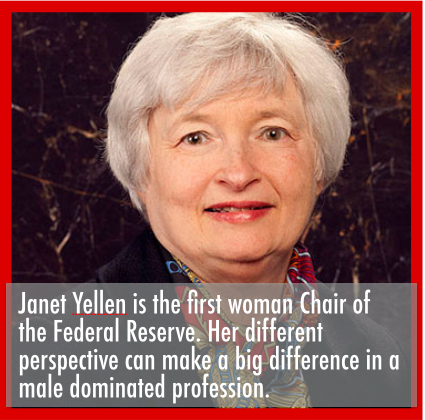
Challenges faced by women in male-dominated industries
Granted, succeeding in male-dominated industries is not easy. (If it’s any consolation, the same is true for men trying to enter women-dominated professions.) Many of the executives we’ve interviewed for the Red Shoe Movement are women in male-dominated professions. They have shared with us obstacles they had to overcome and challenges they continue to face. We could all learn a lot from their collective wisdom.
Carla Dodds, VP Senior Business Leader at Mastercard, speaking about how to succeed in corporate America gave these suggestions when asked what women who work in male-dominated professions can do to grow and prosper
“1. Know your opponents. 2. Understand they are not your opponents
This idea is key to better understand those around you. Understand their drivers, their personal lives as much as possible because this will help you understand how they respond better. This knowledge will help you navigate the workplace more effectively in order to achieve positive outcomes and ultimately succeed in corporate America (or anywhere else you work.) Understand men’s weaknesses and strengths so you can seek to “complement” not “face-off” with them. (…) Instead, think strategically. Keep cool and calm. Breathe and take yourself to a happy place while the other person vents. Apply your abilities of “seeking to understand” instead of “seeking to judge.” (…) Accept others for whom and what they are and seek to co-exist in a productive way rather than going toe to toe.”
Deborah Martin, CEO of DM Milan Group, representative of celebrity soccer player Clarence Seedorf, speaking of what it is like for women in male-dominated professions said:
“Challenging. My work in football (soccer) is more about “the business of football” than expert knowledge of it. Despite the successes and contributions I’ve made together with Seedorf in football, some always refer to the fact that I am not a football expert, though many of them are not either, they are just extreme fans. I find that there’s often an attempt to ignore or not adhere to my observations or decisions.”
Advantages for women in male dominated professions
We believe there are certain characteristics that women in male-dominated professions can leverage to their advantage. So over the last two years we also asked interviewees to share these advantages with us. You’d be surprised at some of the answers!

Photo credit: www.topuniversities
Deborah Martin shared:
“My greatest advantage as a woman in the sports industry (as opposed to entertainment, where my clients have included Beyonce, Britney Spears, Cameron Diaz and many, many other A-listers) is my distance from it. I really like and appreciate football, but I am not a die-hard fan. I approach all my deals from the business point of view, so I’m more practical, less idealistic. It has been said that there’s a freshness in my opinions that is much needed for the health of football and the clubs. (…)
“As you can well imagine, initially the men who I must deal with are not expecting “me.” I look like, dress like and behave like what I am – a woman. This seems to come as a big surprise, but is guaranteed to get their attention. The key is that once you’ve got the attention you’d better keep it with innovative thoughts, know-how and excellent contributions.
I do not try to be one of the boys. Why should I want to be what I am not or like everyone else? As a woman who grew up in the South, I command and enjoy the respect that I was raised to expect from men. When I enter or leave a room, they stand, they pull my chair, open doors and give me a bit of preferential treatment as a woman and I gladly accept it.”

Ana Beatriz (Bia) Figueiredo, race car driver and the fastest Latina on the planet, shared this when we asked her what were her advantages as a woman in one of the most male-dominated industries there is: car racing!
“A friend once told me something that I feel really applies to my career: ‘You are running in a straight line between Fantastic and Ridiculous. If you do well, it’s fantastic, but if you fail it’s ridiculous.’ By reaching a top series like IndyCar and becoming the first Brazilian woman to do such a thing, I have some media and sponsorship advantages. By the same note, I tend to get more recognition by being one of the only females in the field.
“Becoming a ‘feminine’ female driver helped me get more attention from the media, sponsors and new opportunities that are targeting women. This has positioned me to gain interest from cosmetic companies which do not traditionally enter the racing industry. Being a woman driver has even helped me acquire Ipiranga as a my main sponsor, given that my gender helps their brand reach women and kids—something difficult for a Gasoline brand that has traditionally targeted men.
“Yet, inside the track gender is irrelevant, and I don’t feel any different from a male driver. We are all aggressive and share the same goal of winning the race. However, outside of the track I have leveraged my femininity to overcome bad situations using traditional women skills of tact and diplomacy while maintaining a firm versus aggressive stand.”

Photo Credit: www.topuniversities.com
Should you enter or try to advance in male-dominated industries?
The answer is yes, of course. There are amazing, untapped opportunities for women who enter these fields. But here are a few caveats you may want to remember: Be aware of what you’re getting into and have a plan and a strategy. Expect some level of pushback and some rough times. Use your femininity to your benefit; use it to stand out in a relevant, positive and powerful way. Identify early on who’s got your back and build alliances. Make the men on your team look good; let them know they can count on you. Let them know you’ve got their backs too.
It’s past time for us to see more women in male-dominated professions, so we are here to support you. Leave us your comment, story, or question so we can help you conquer that next stage of your career.



